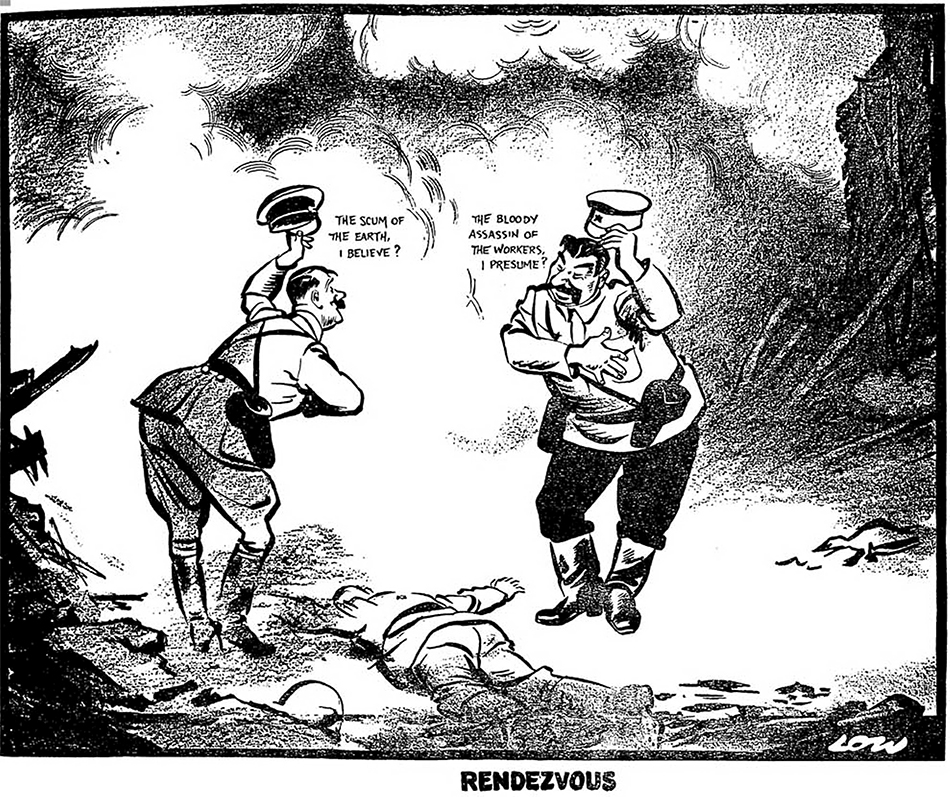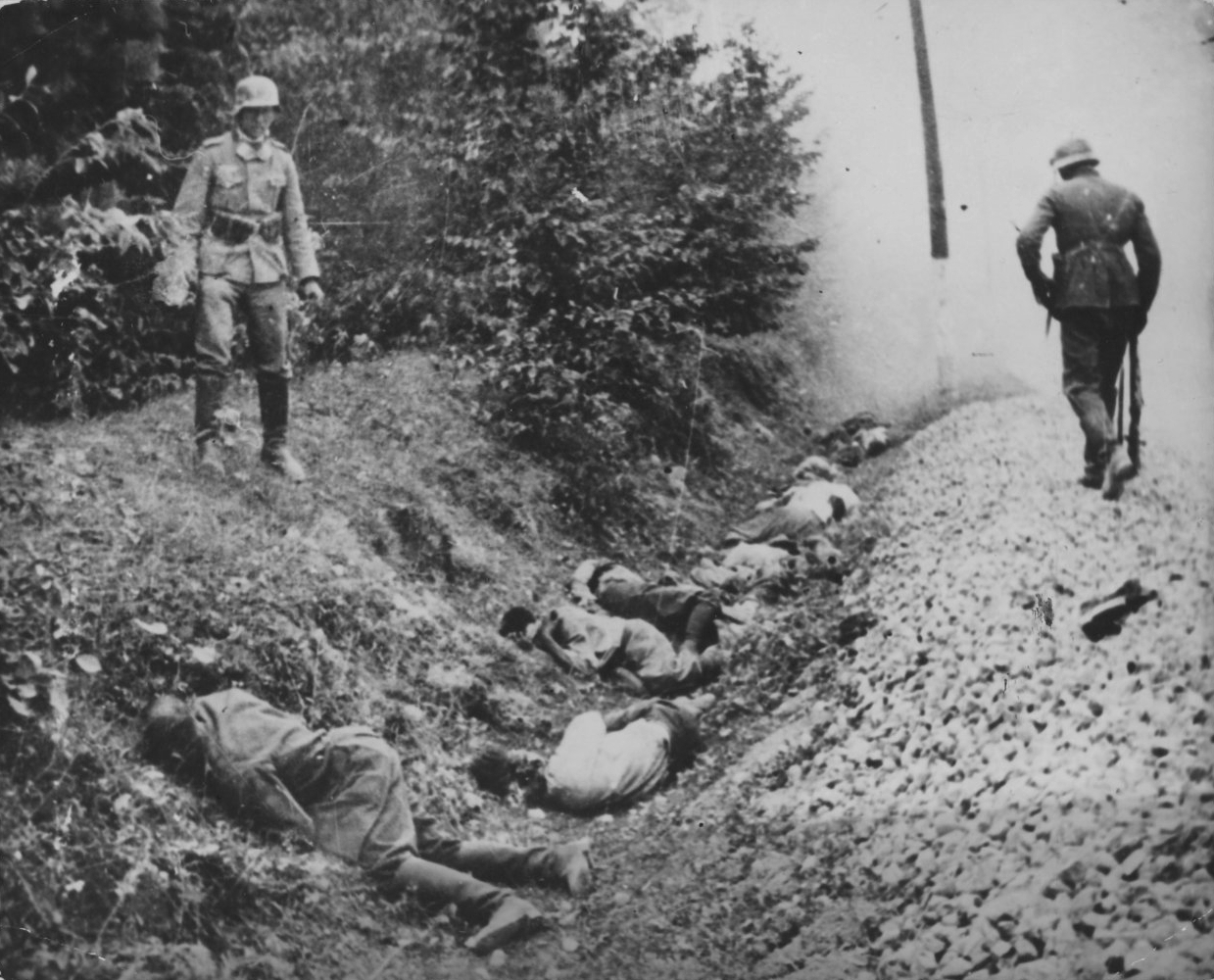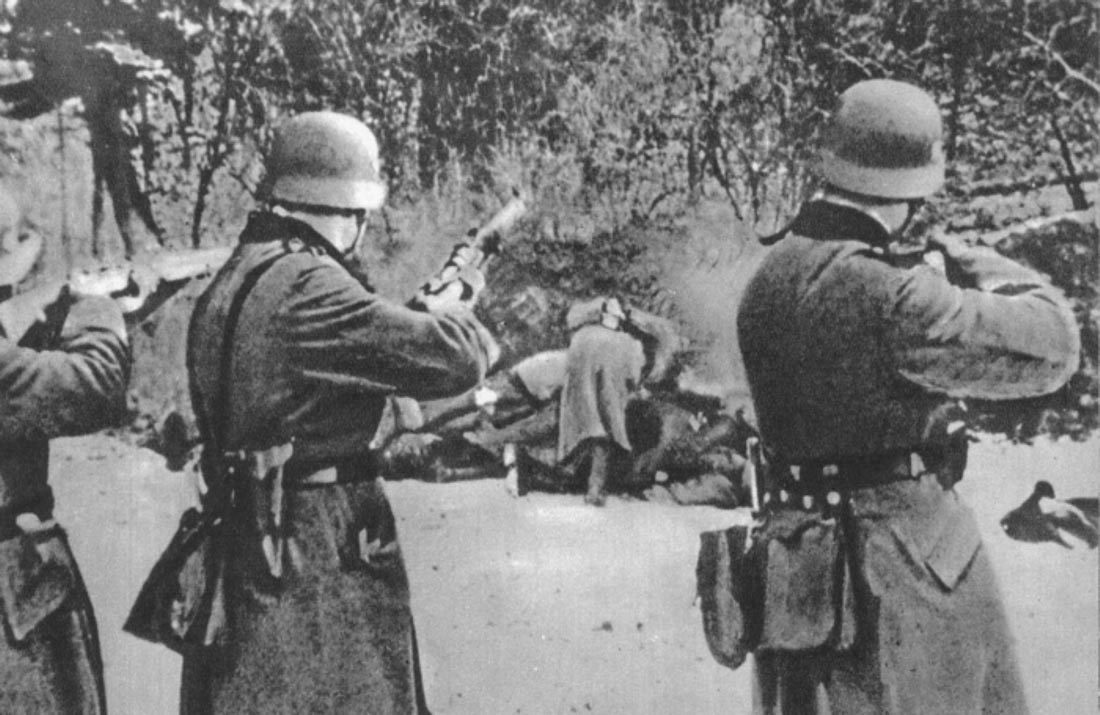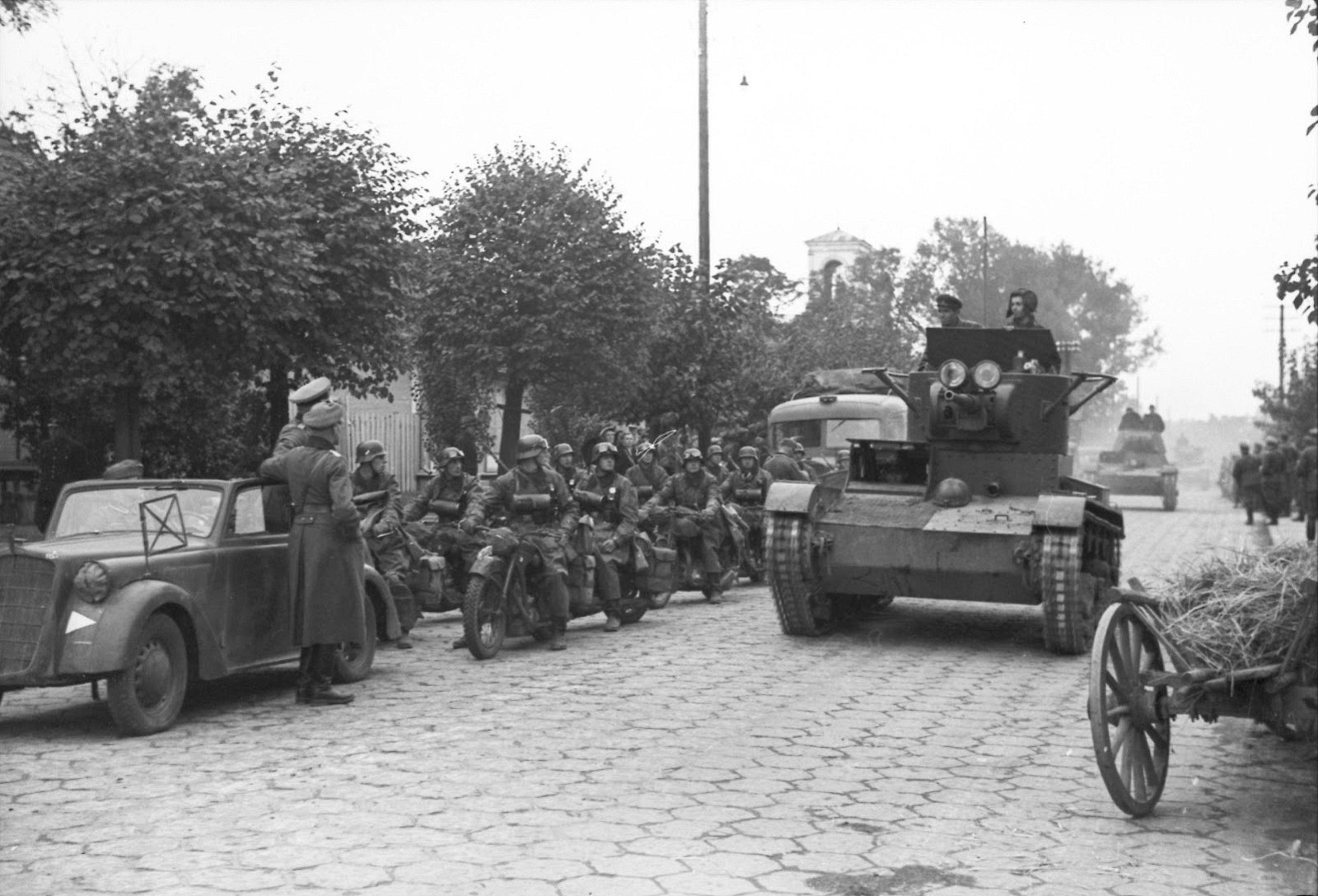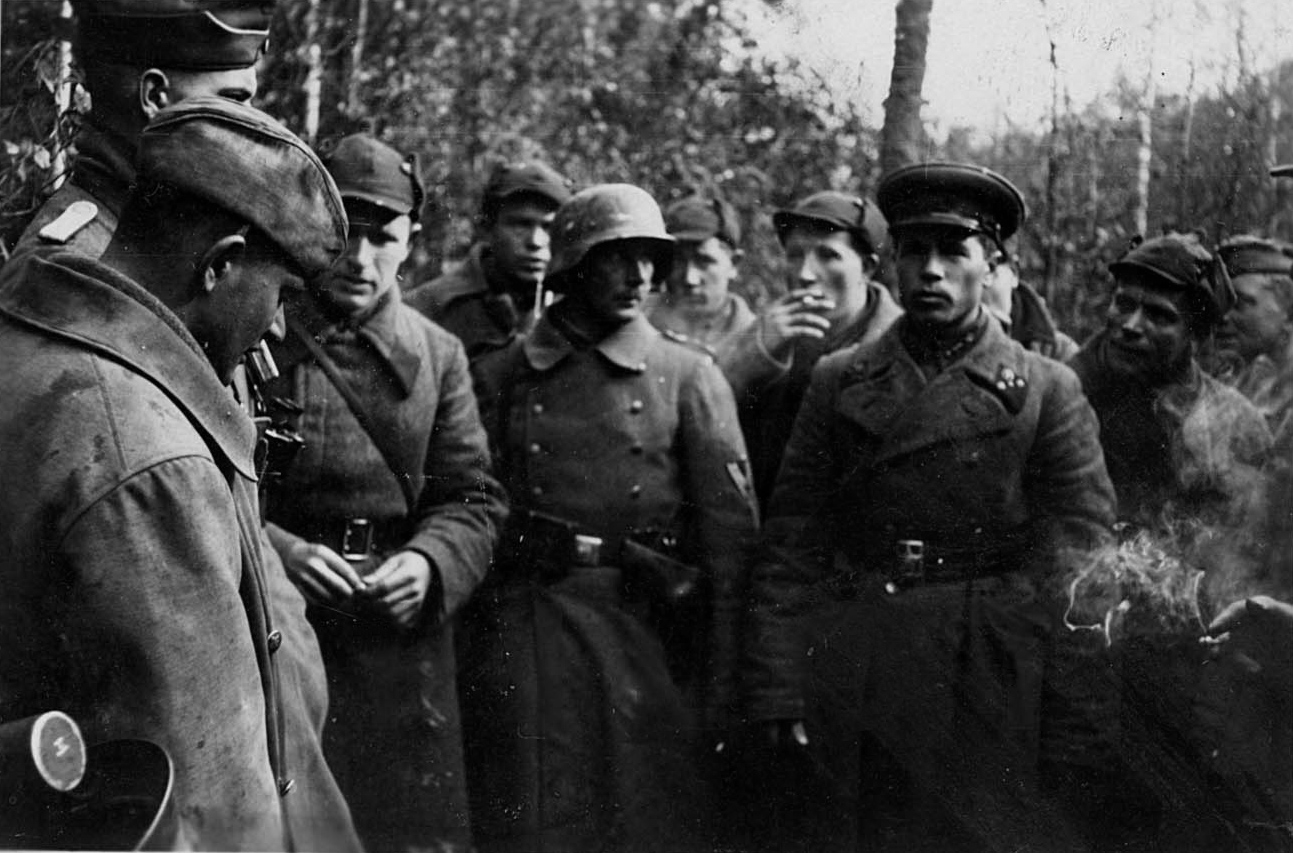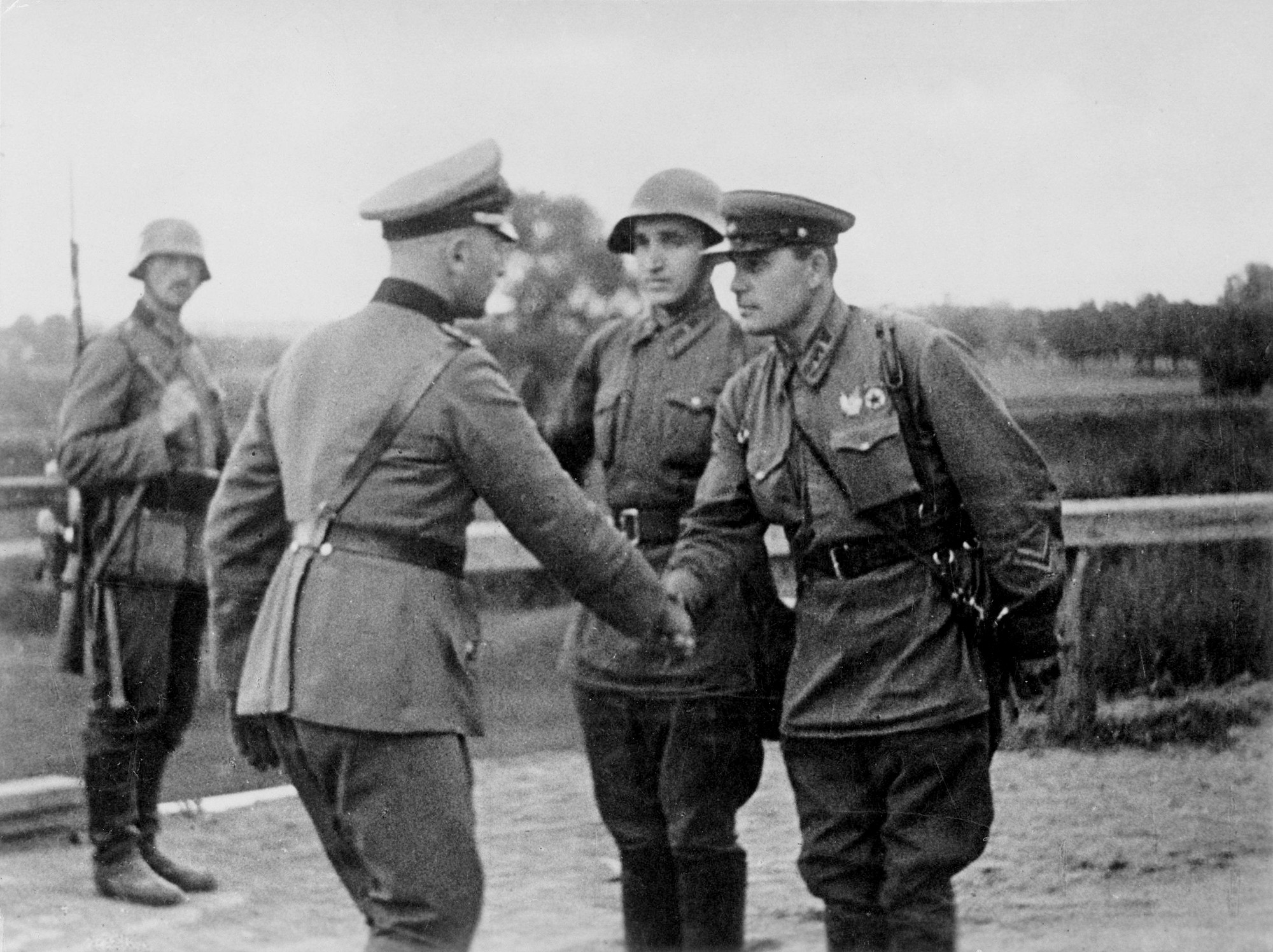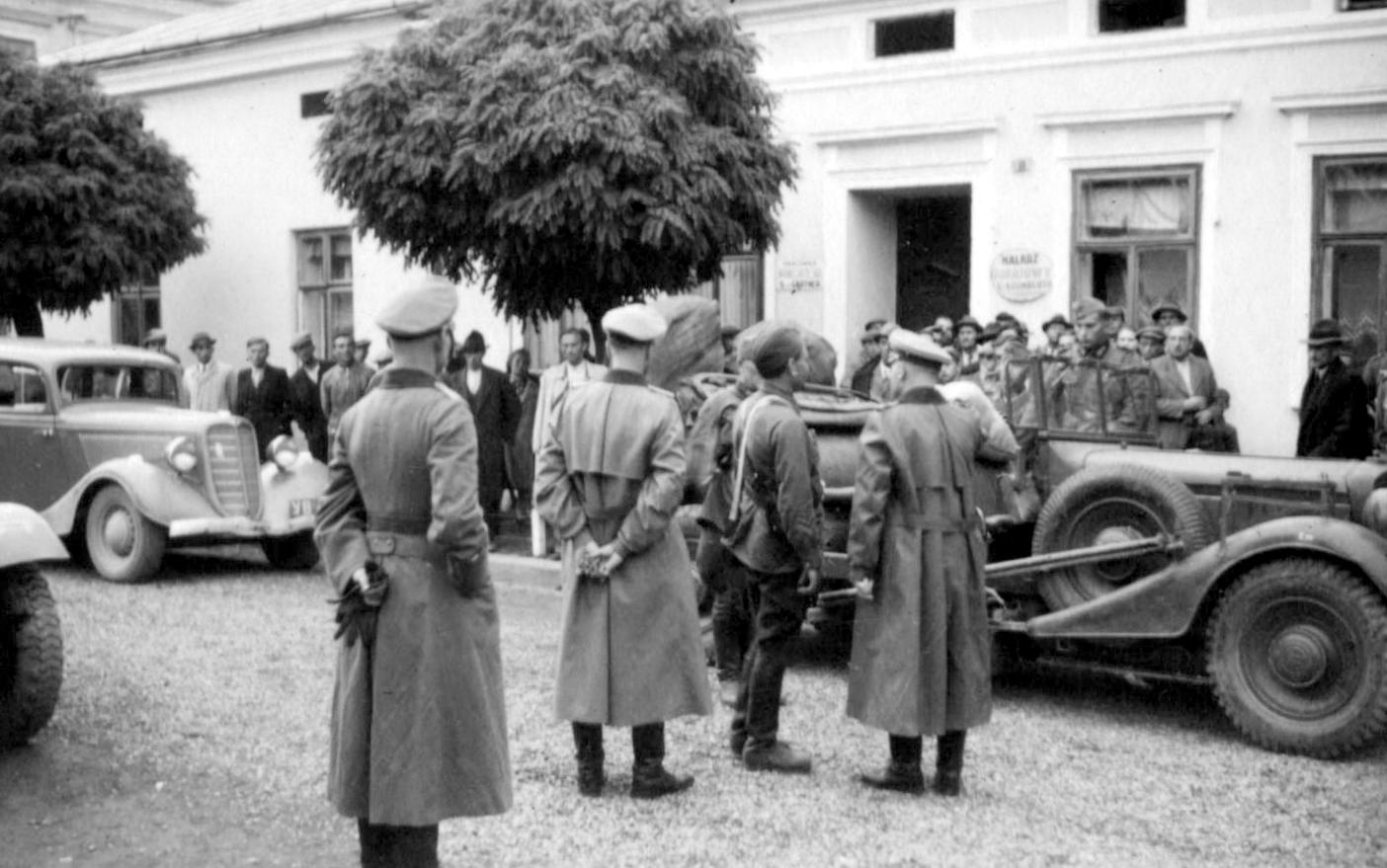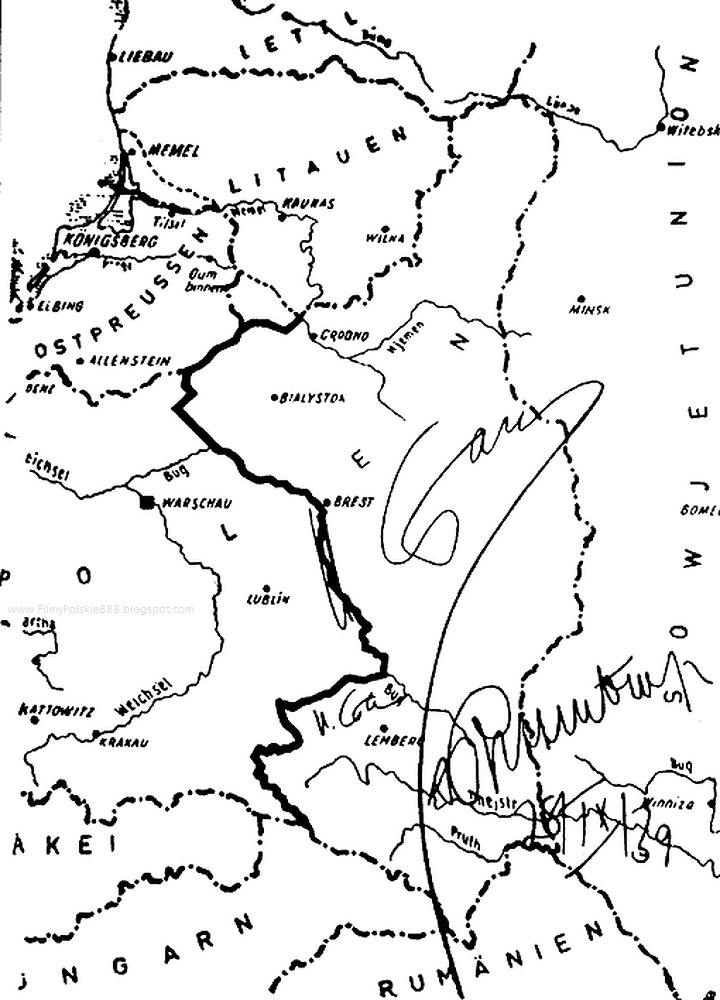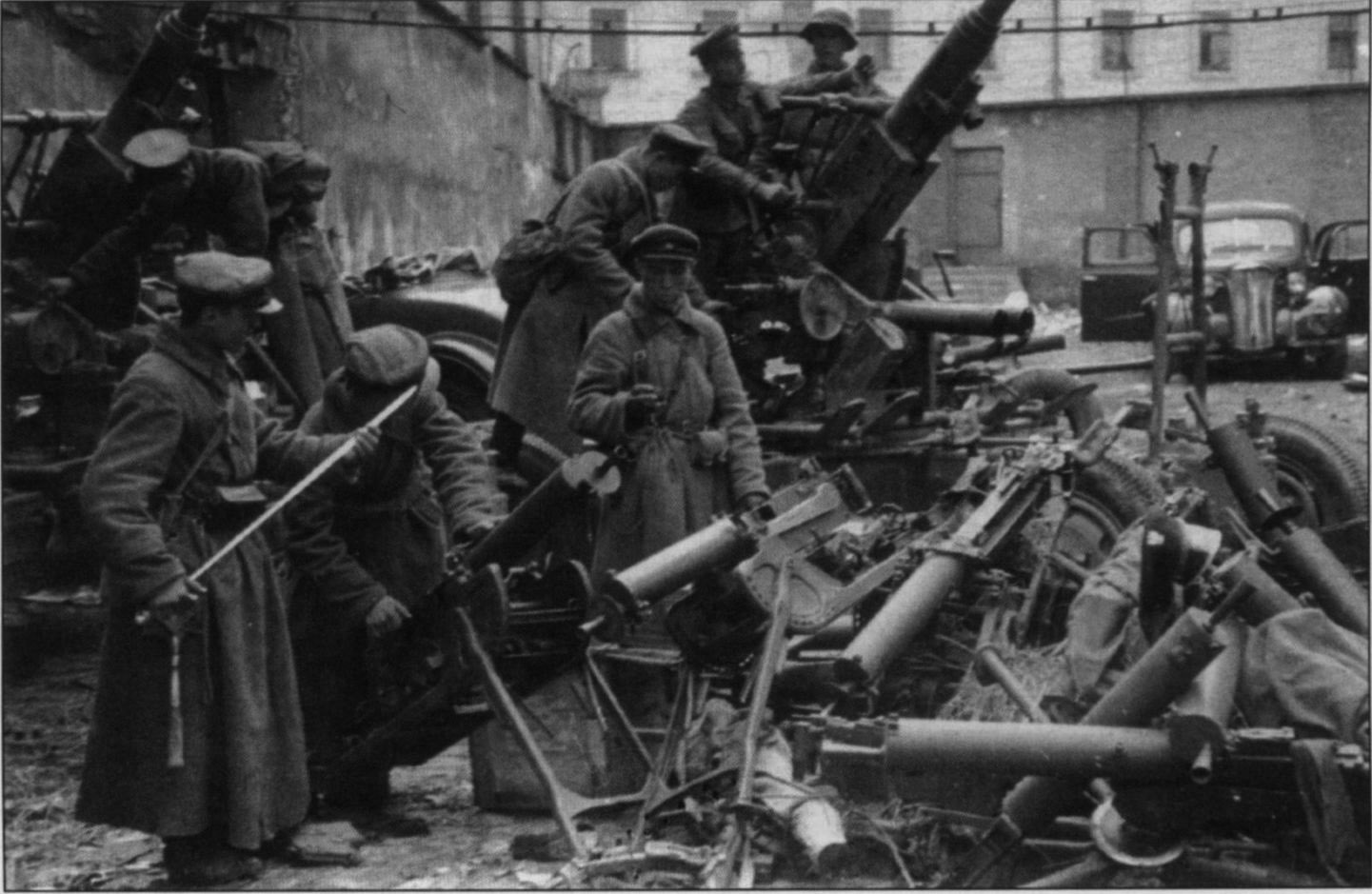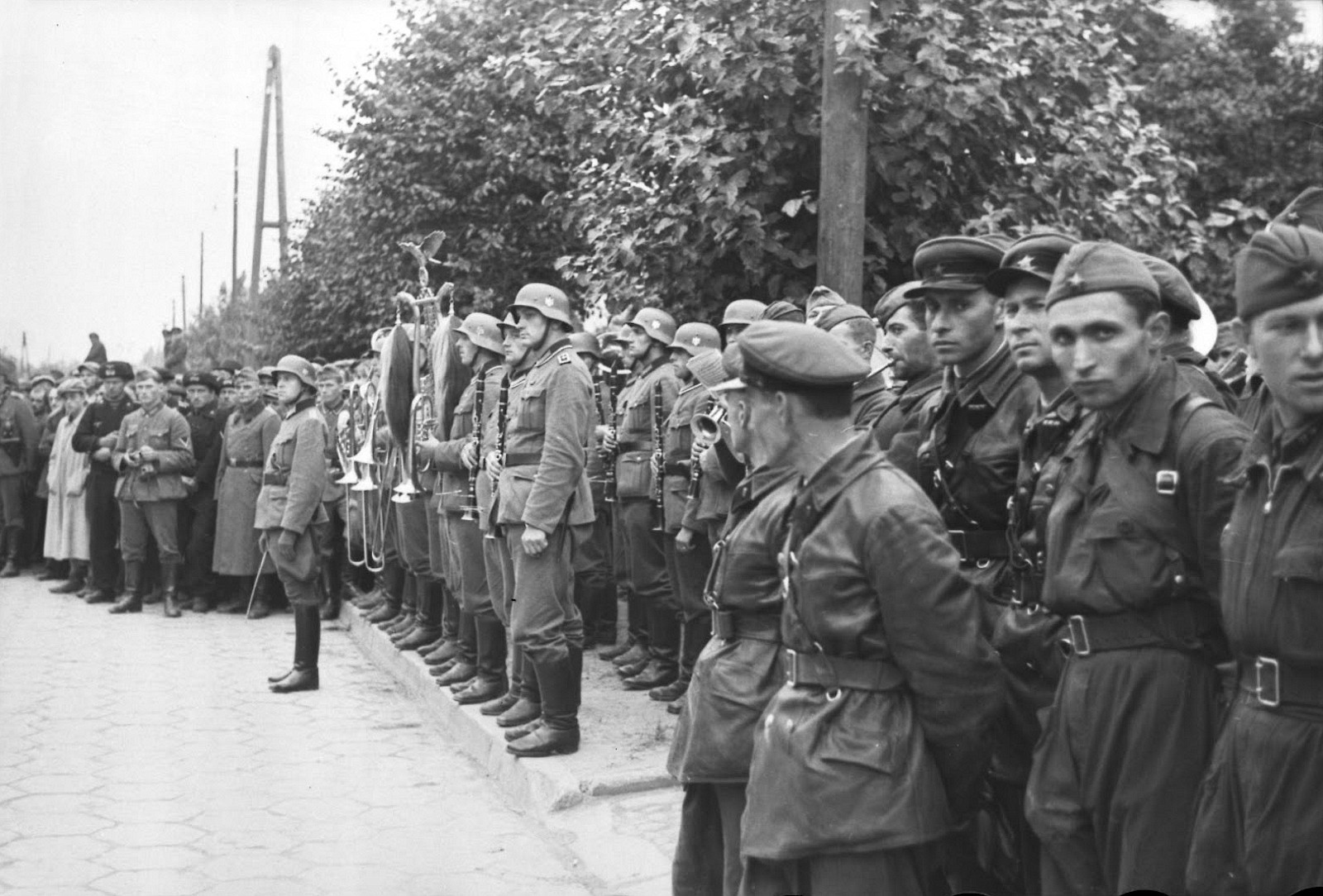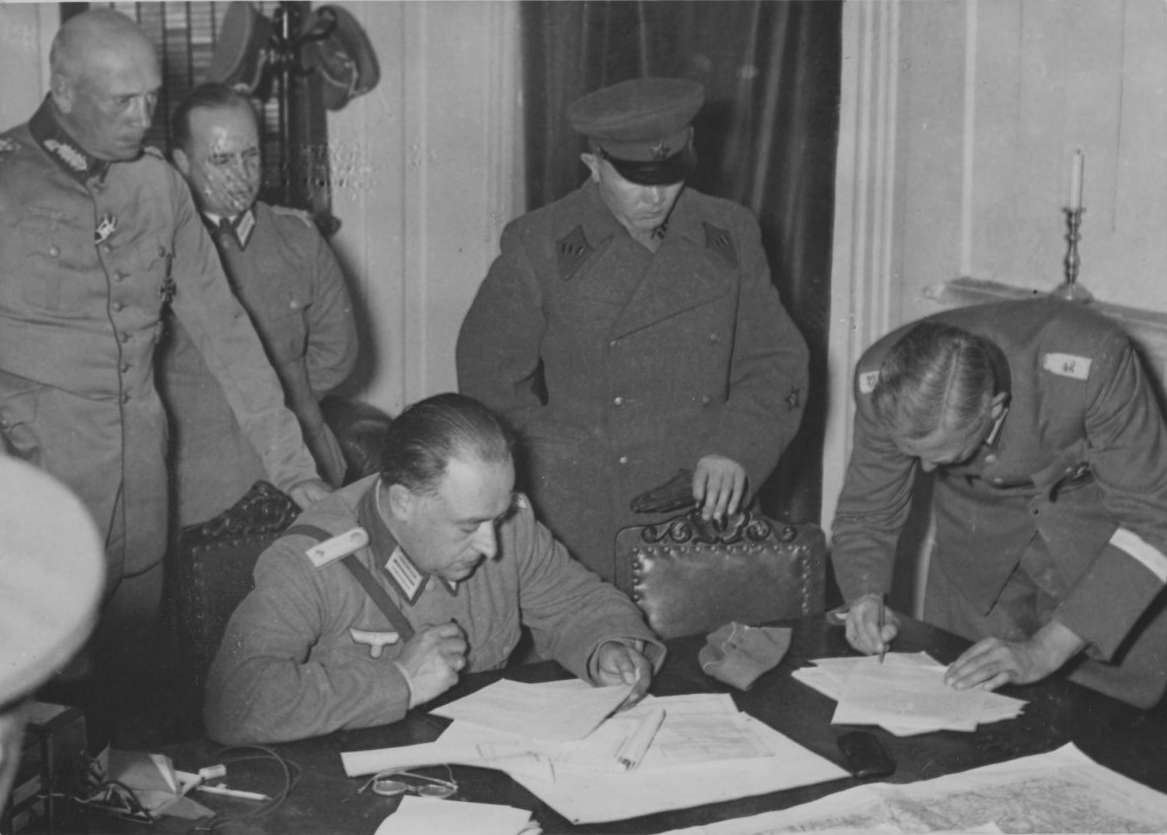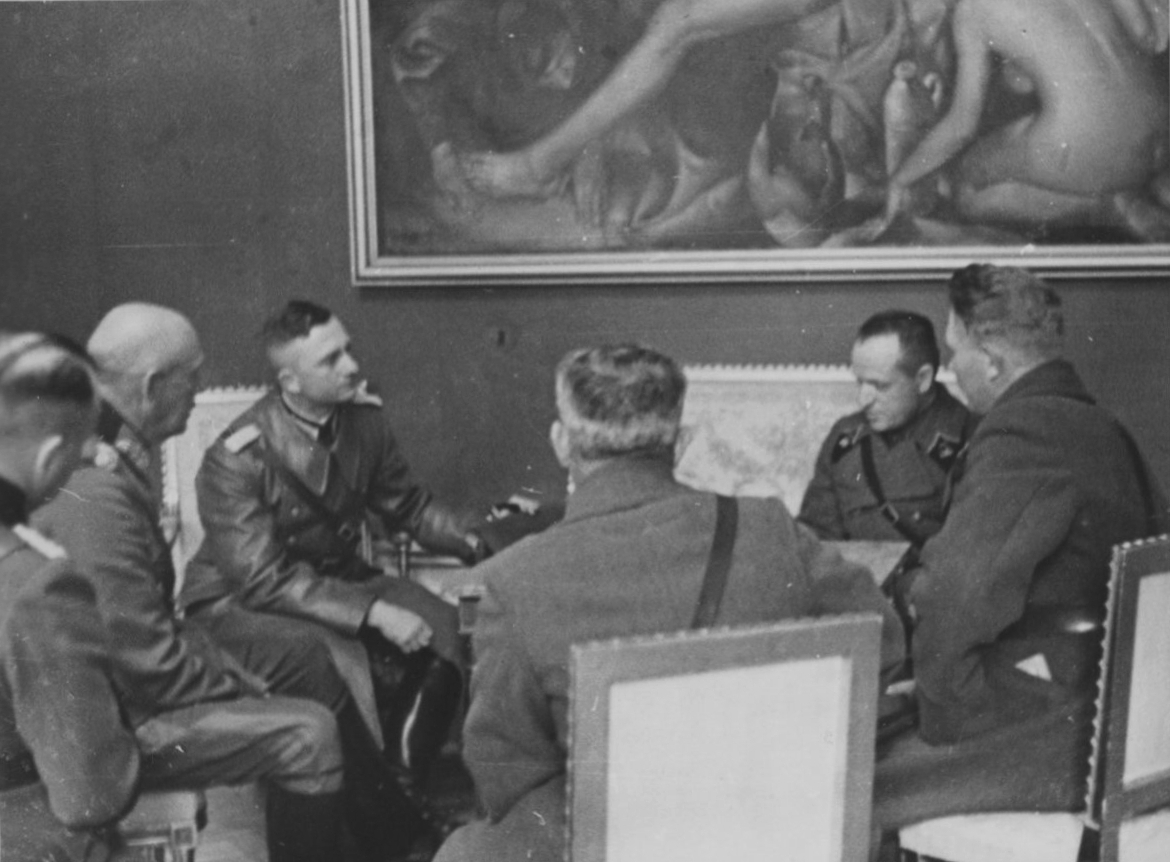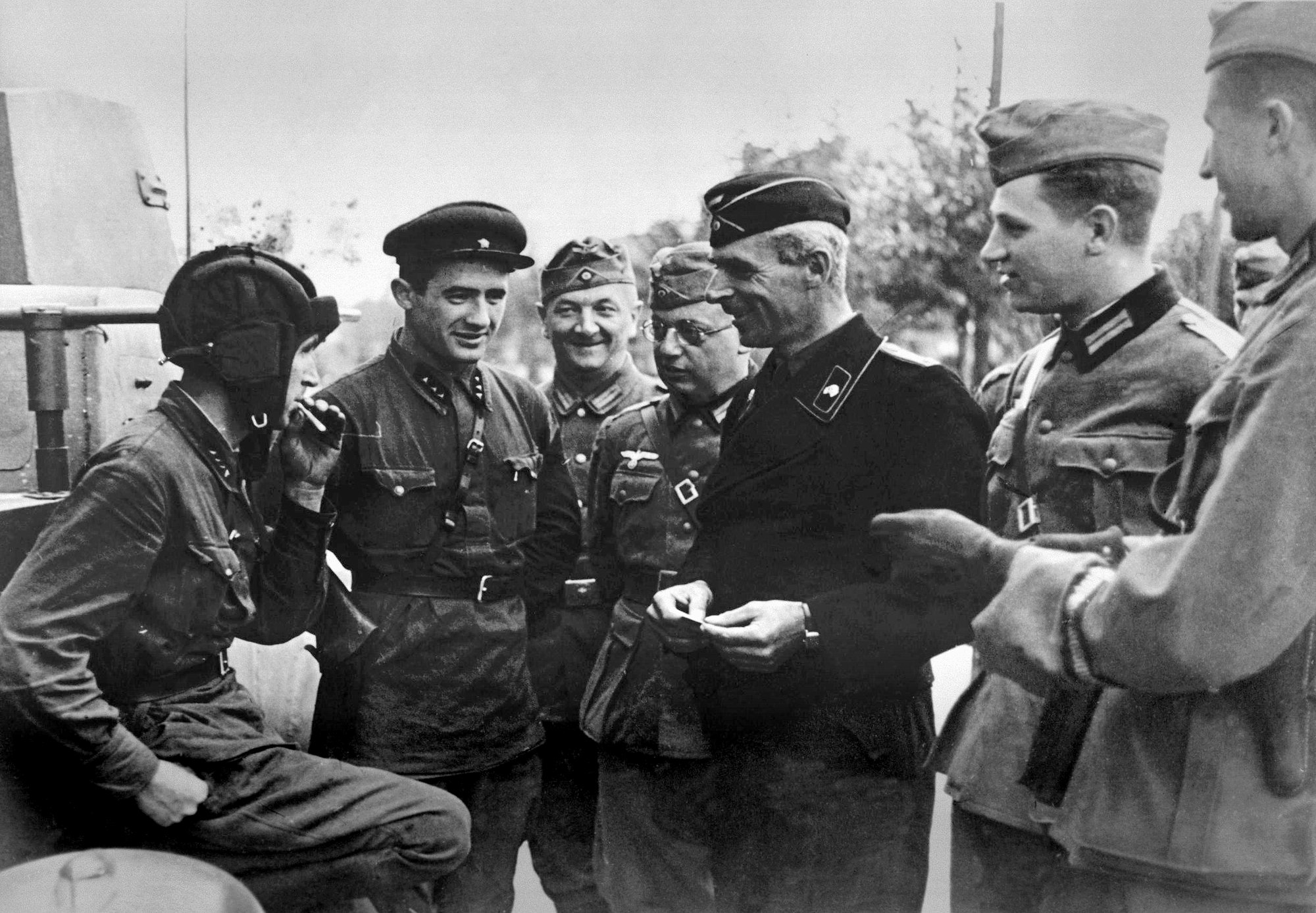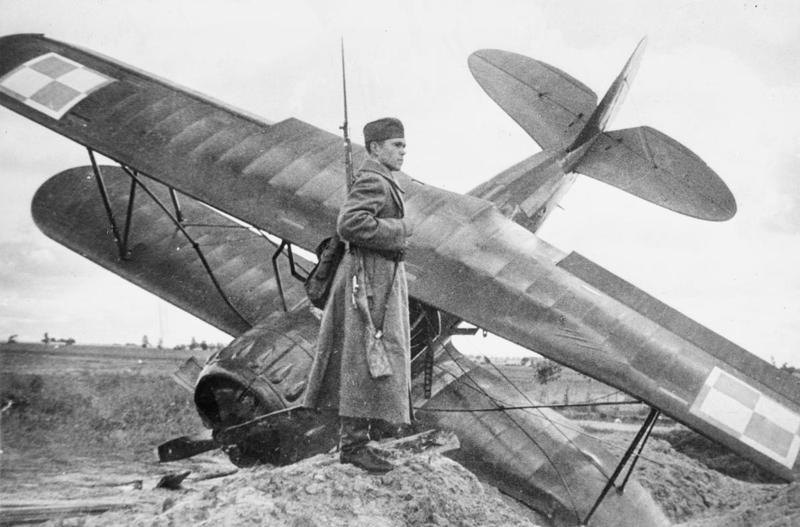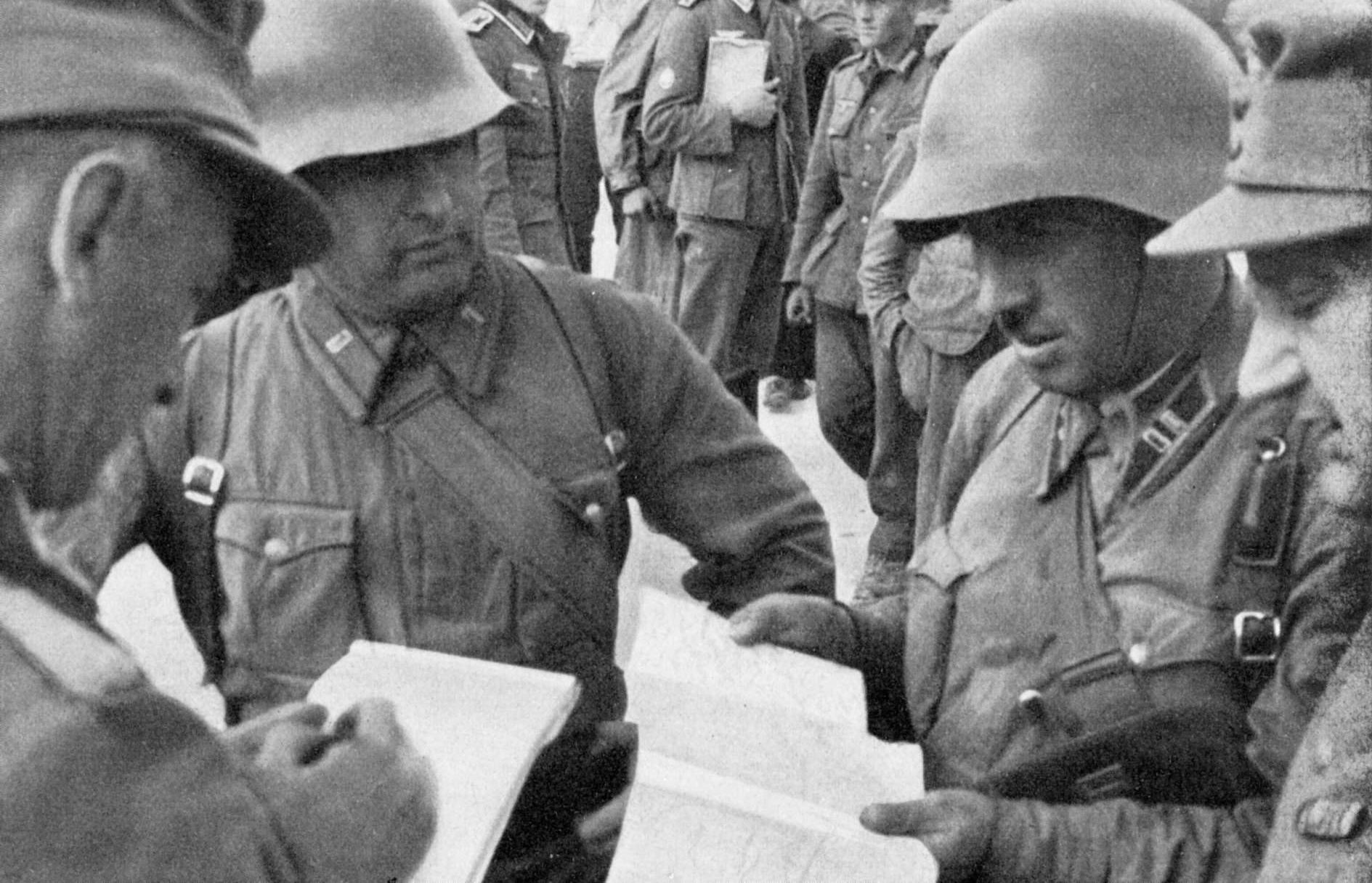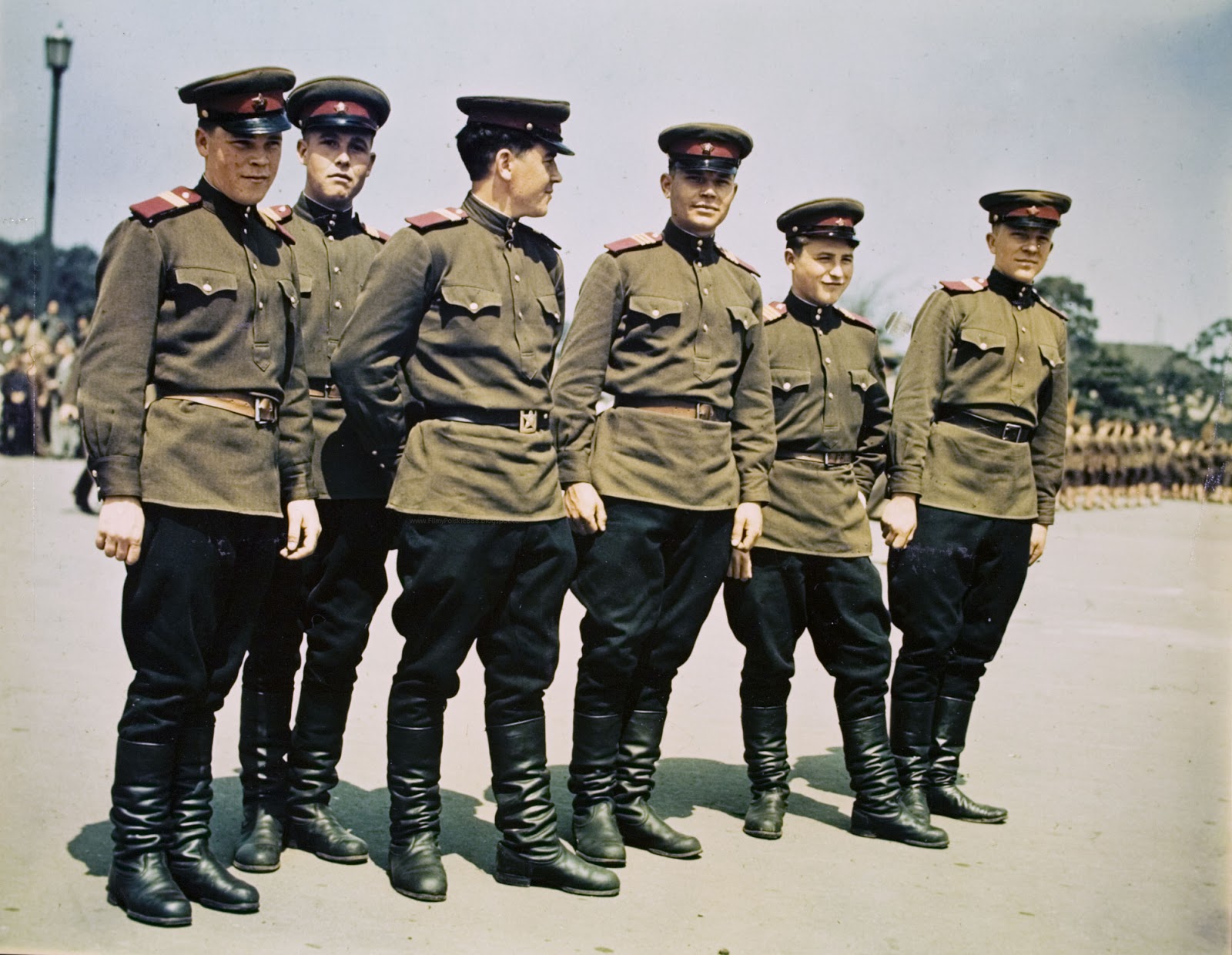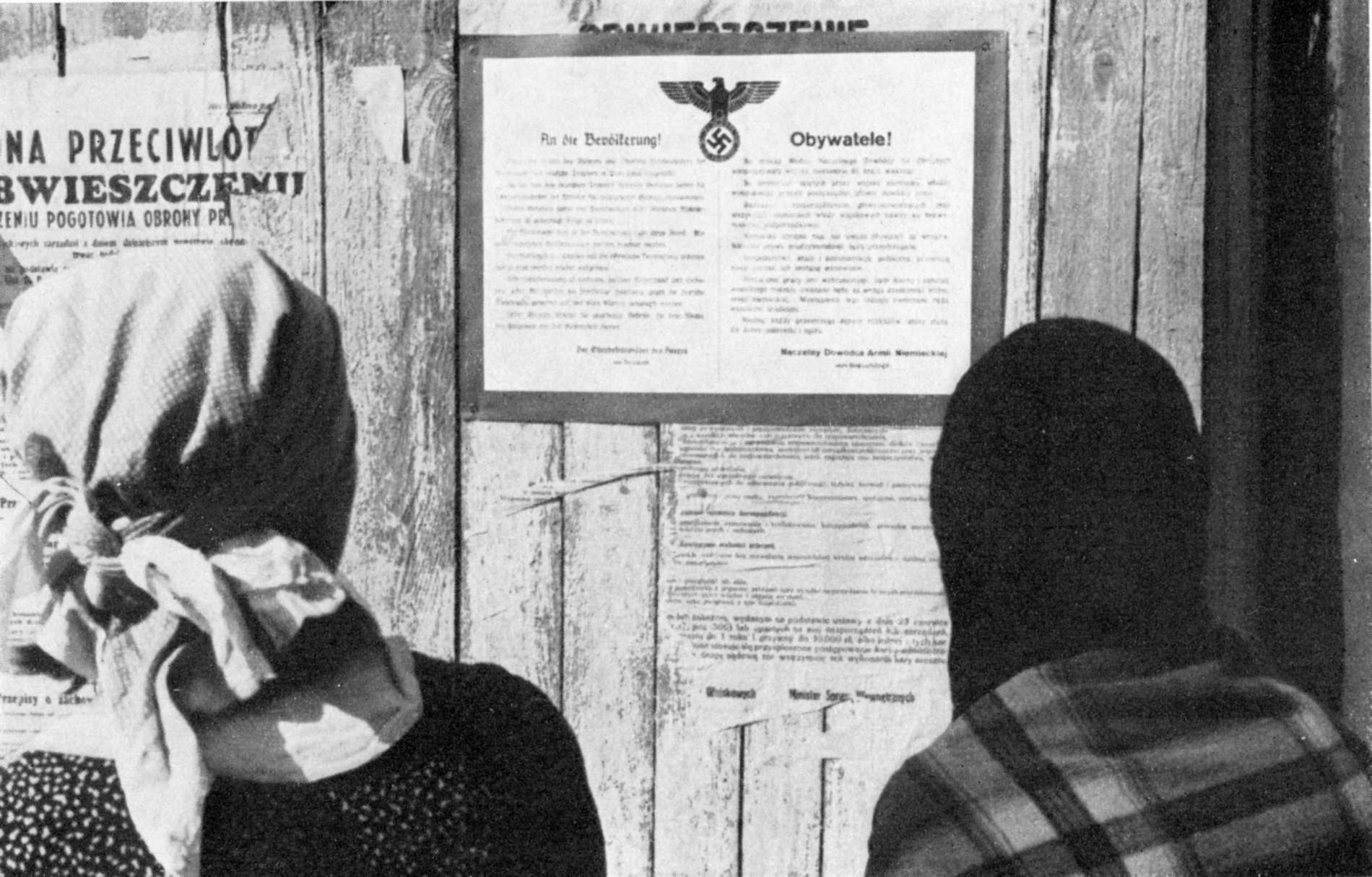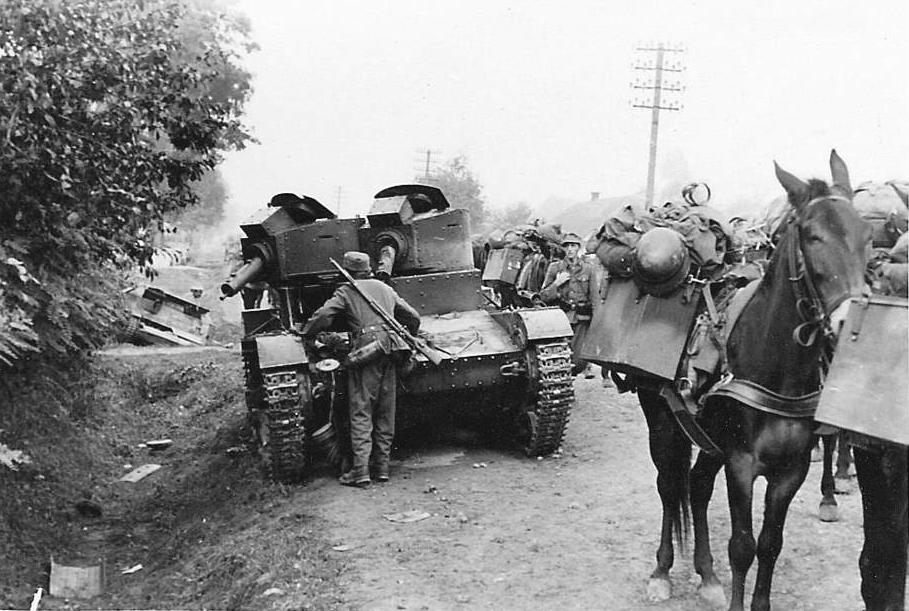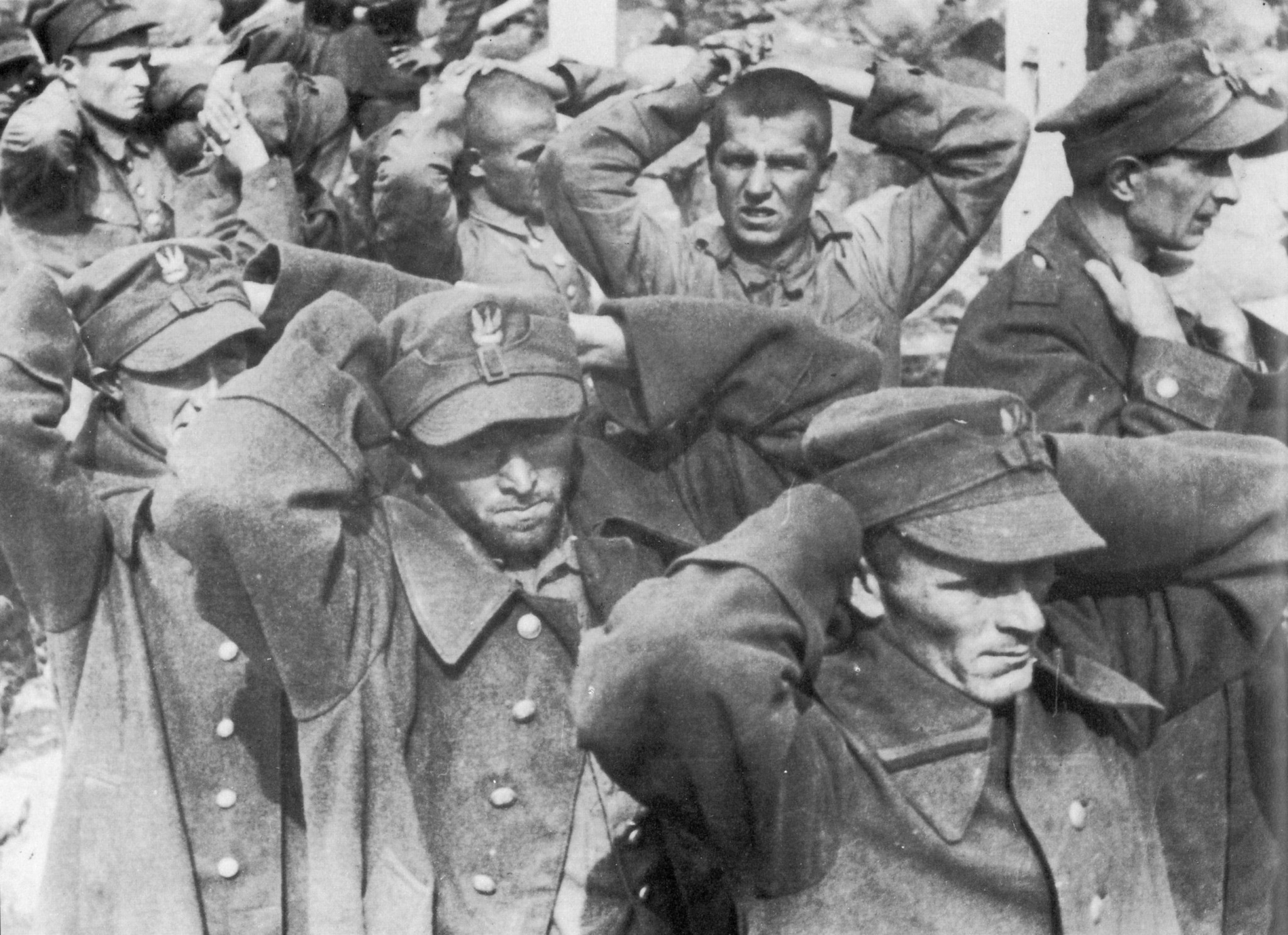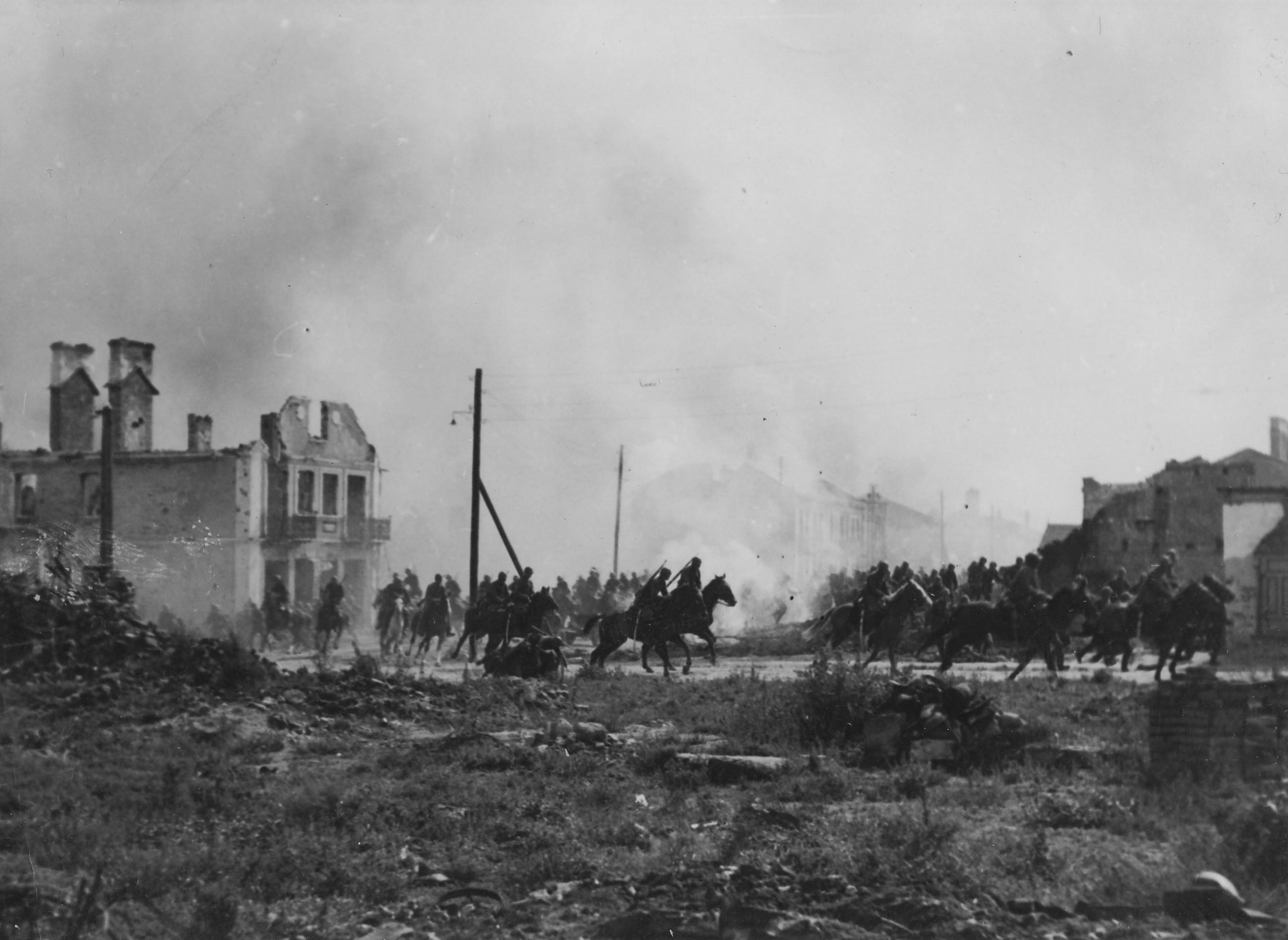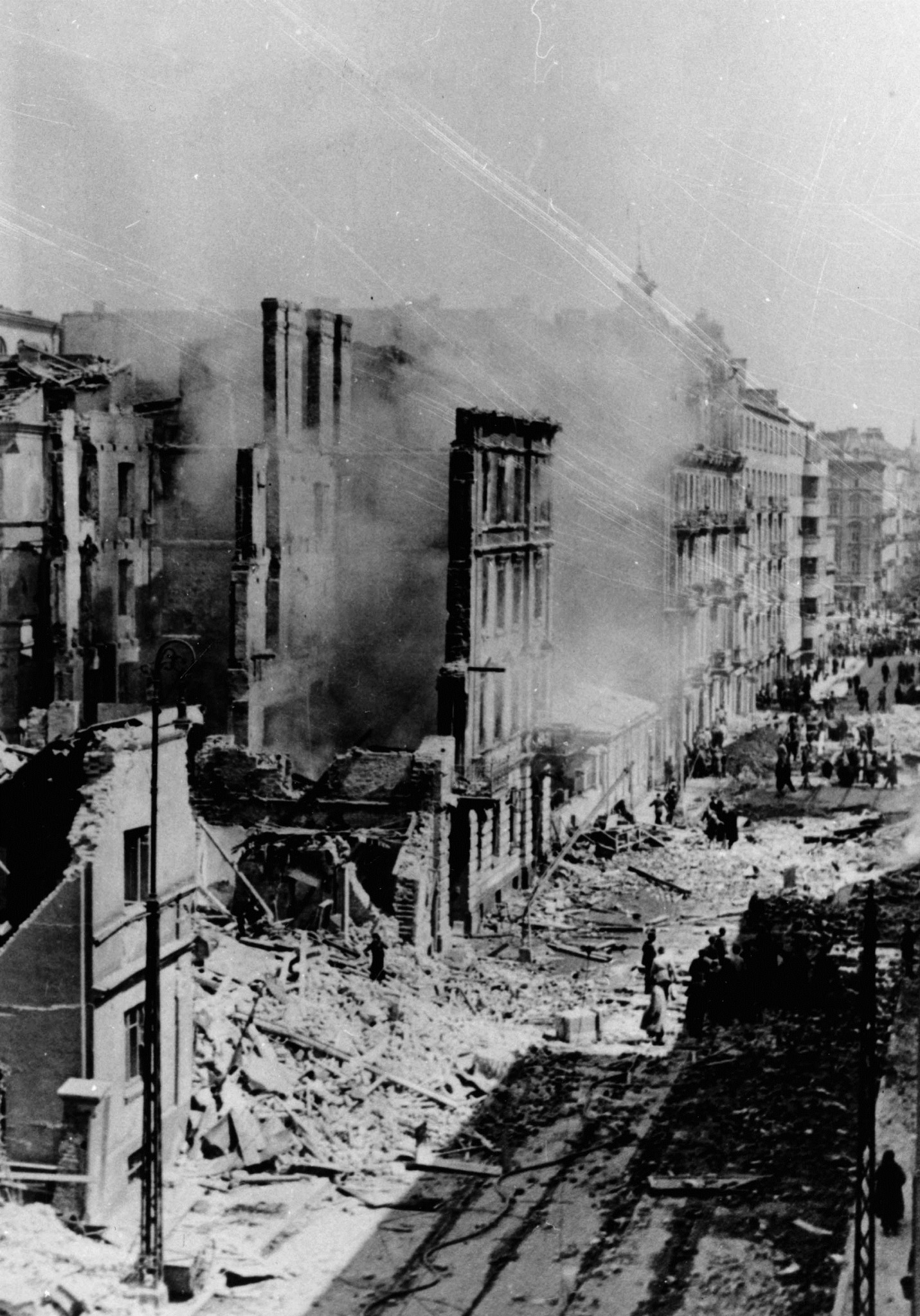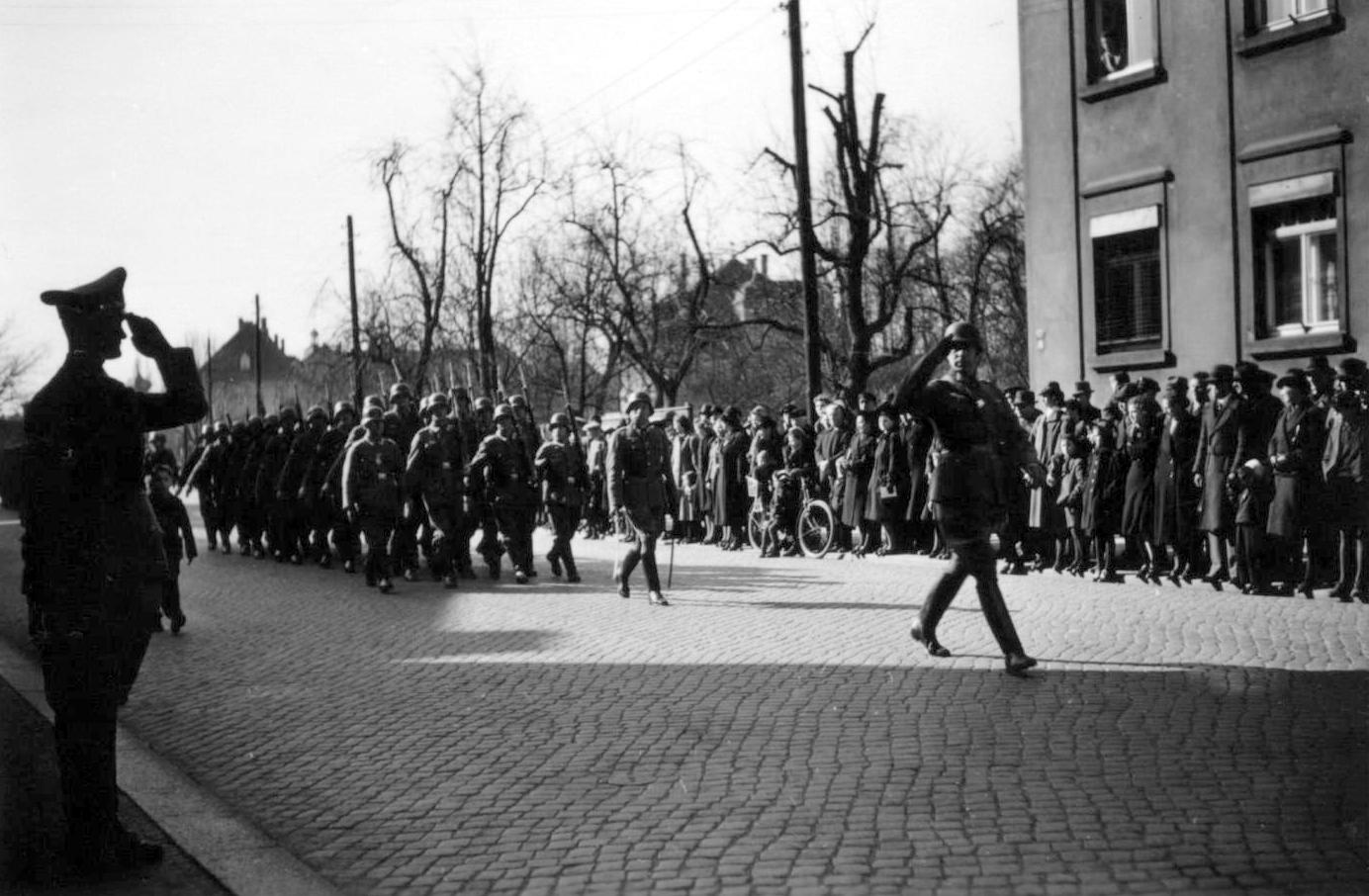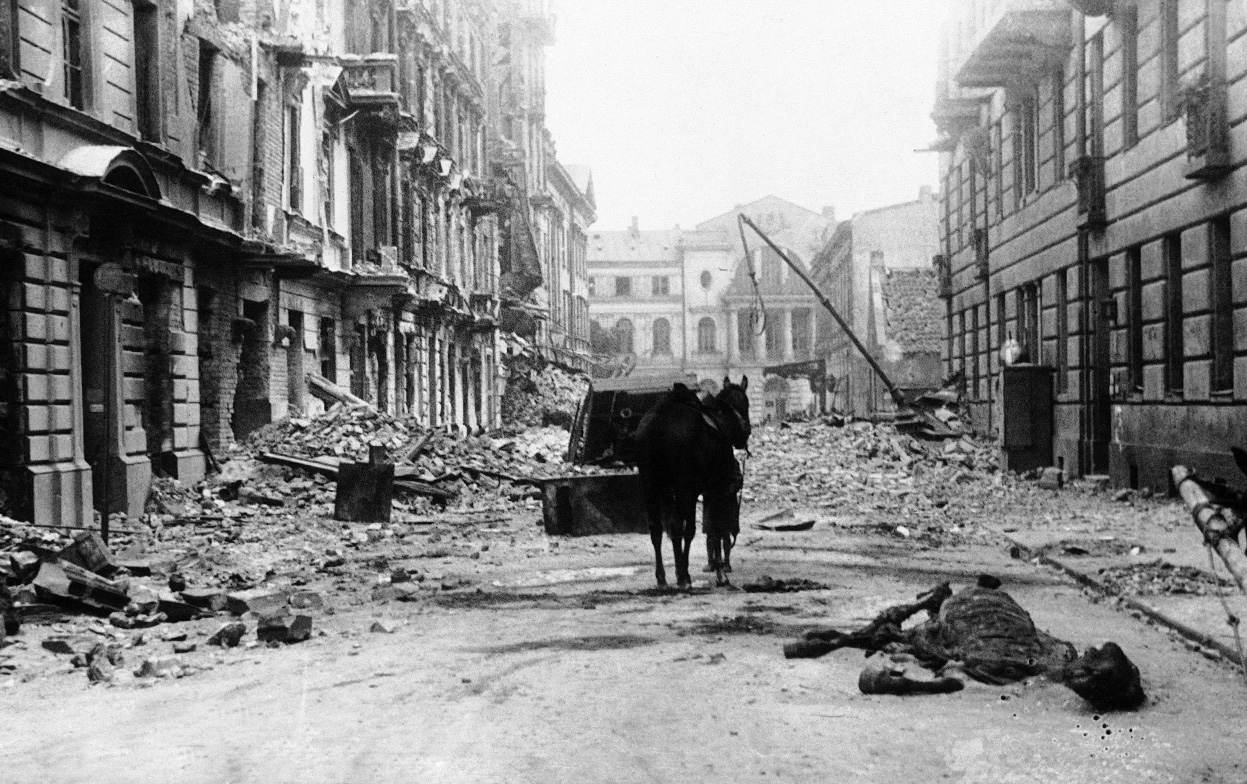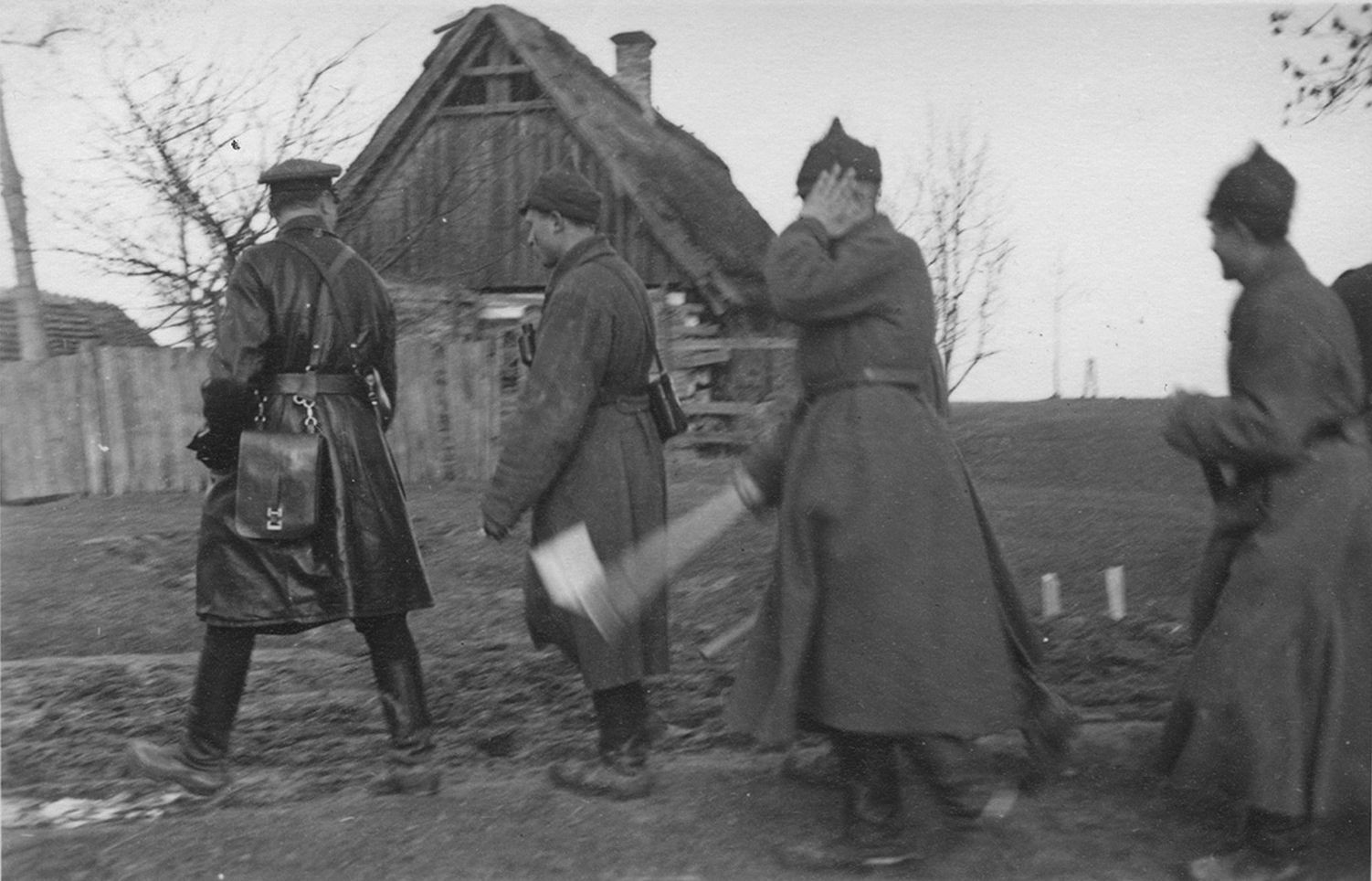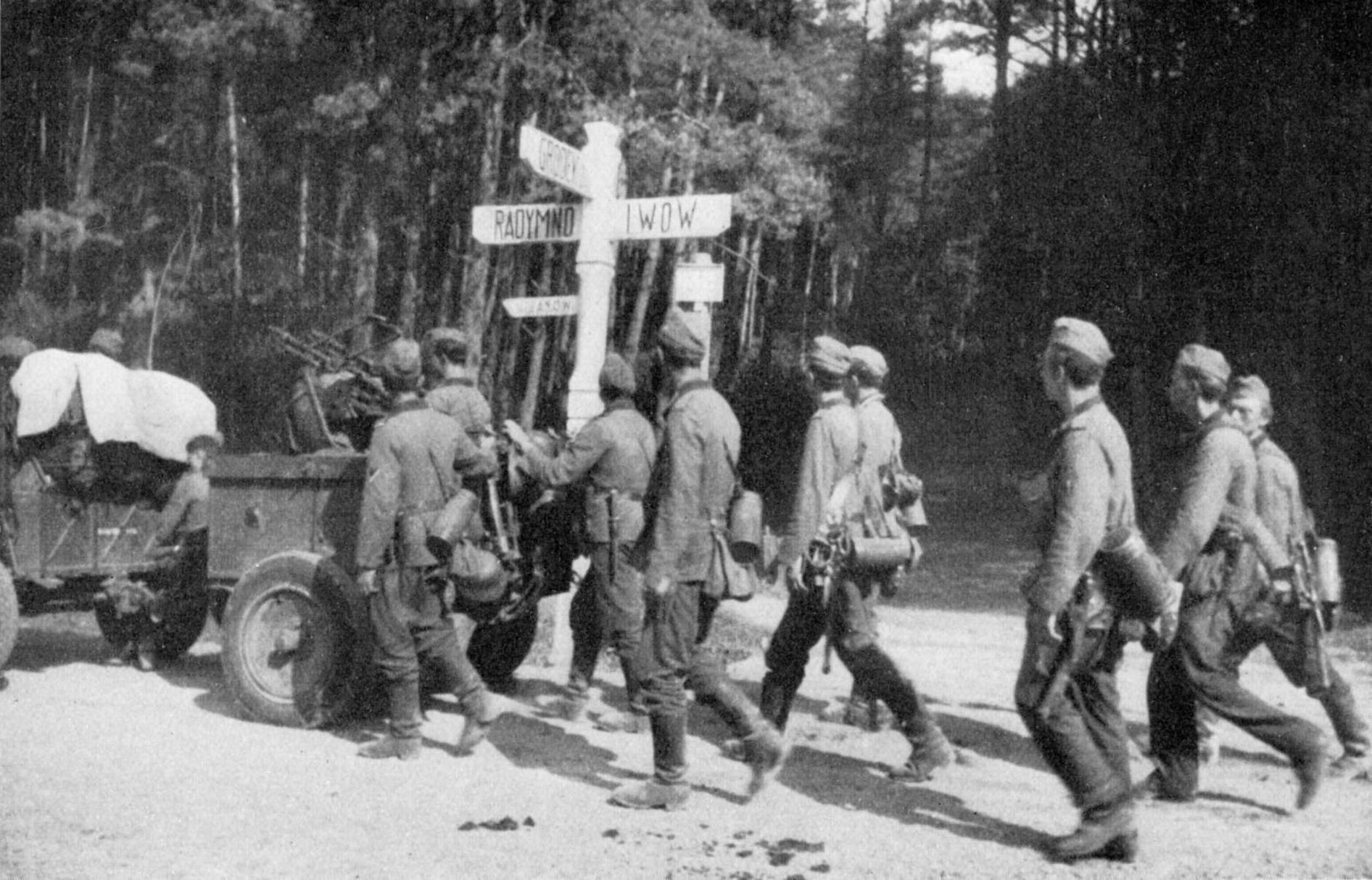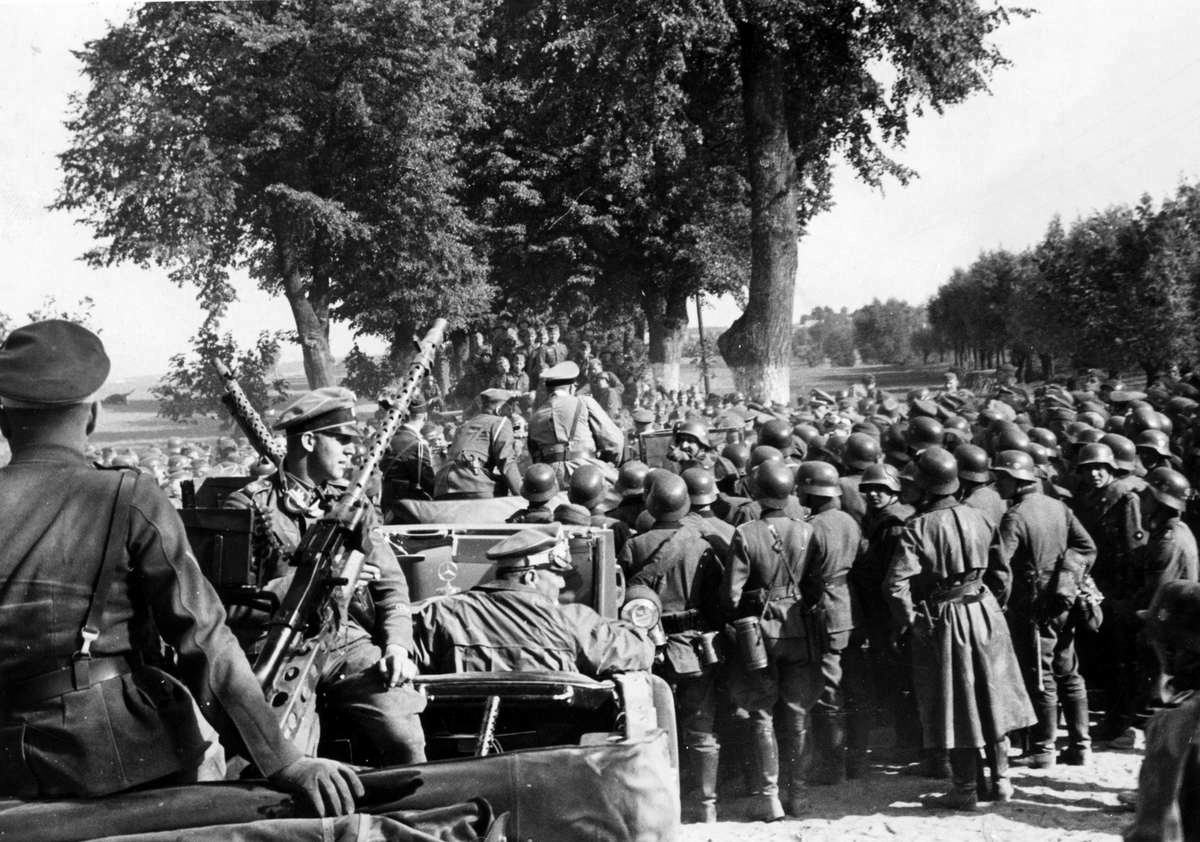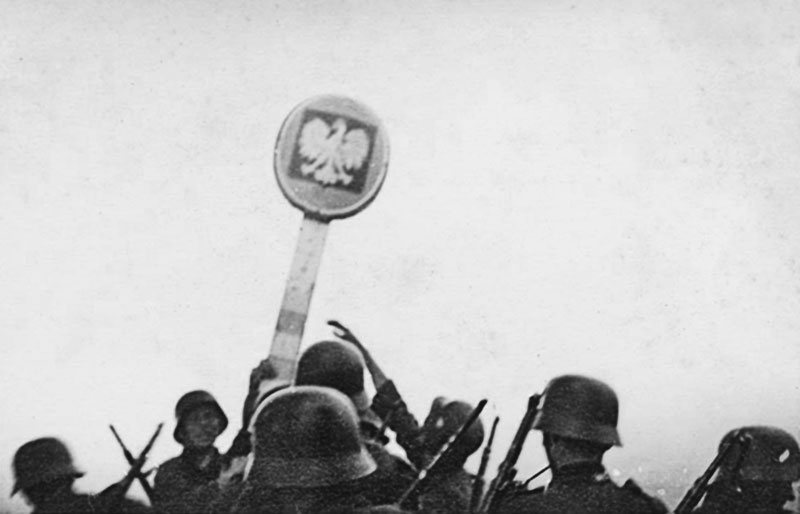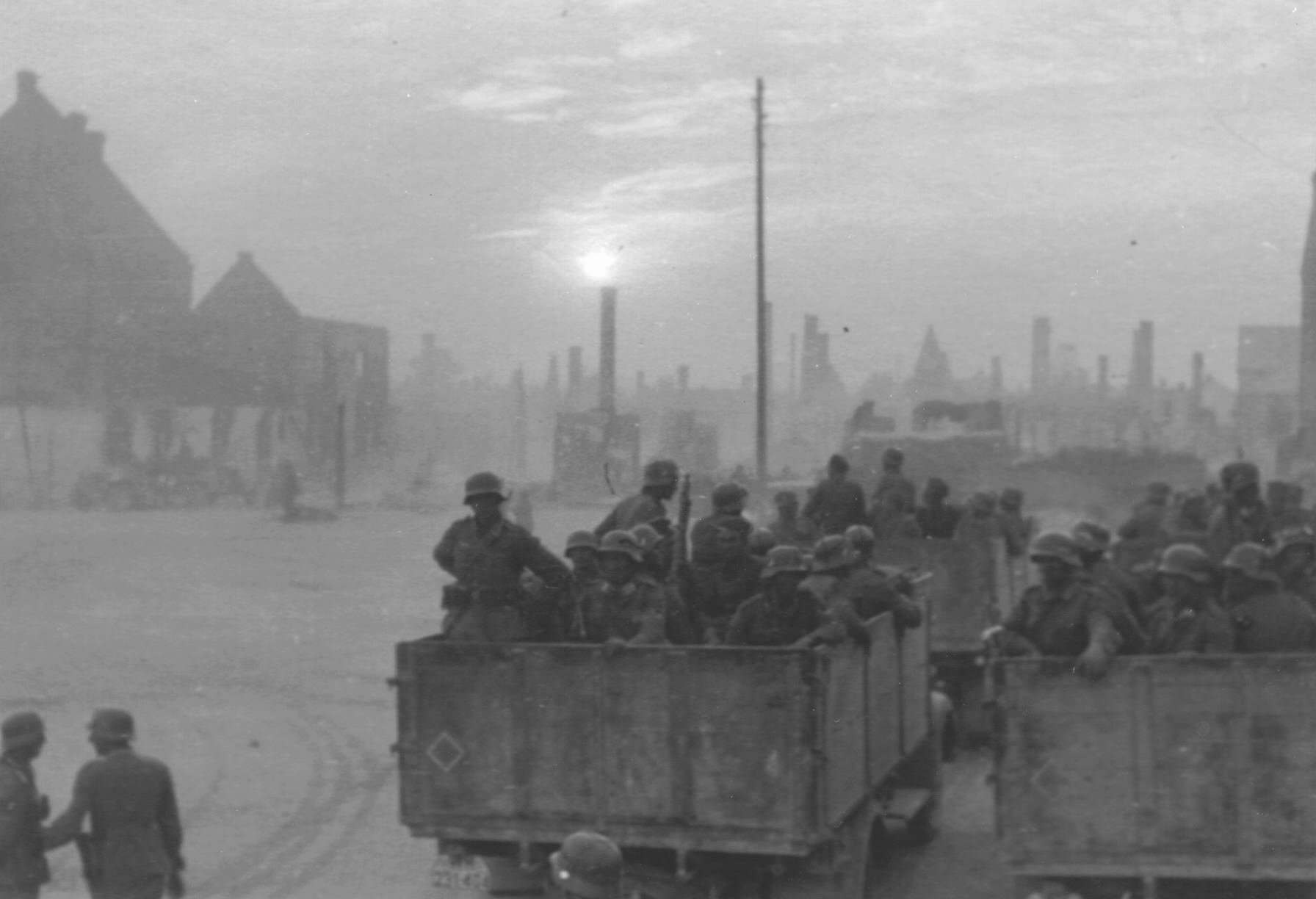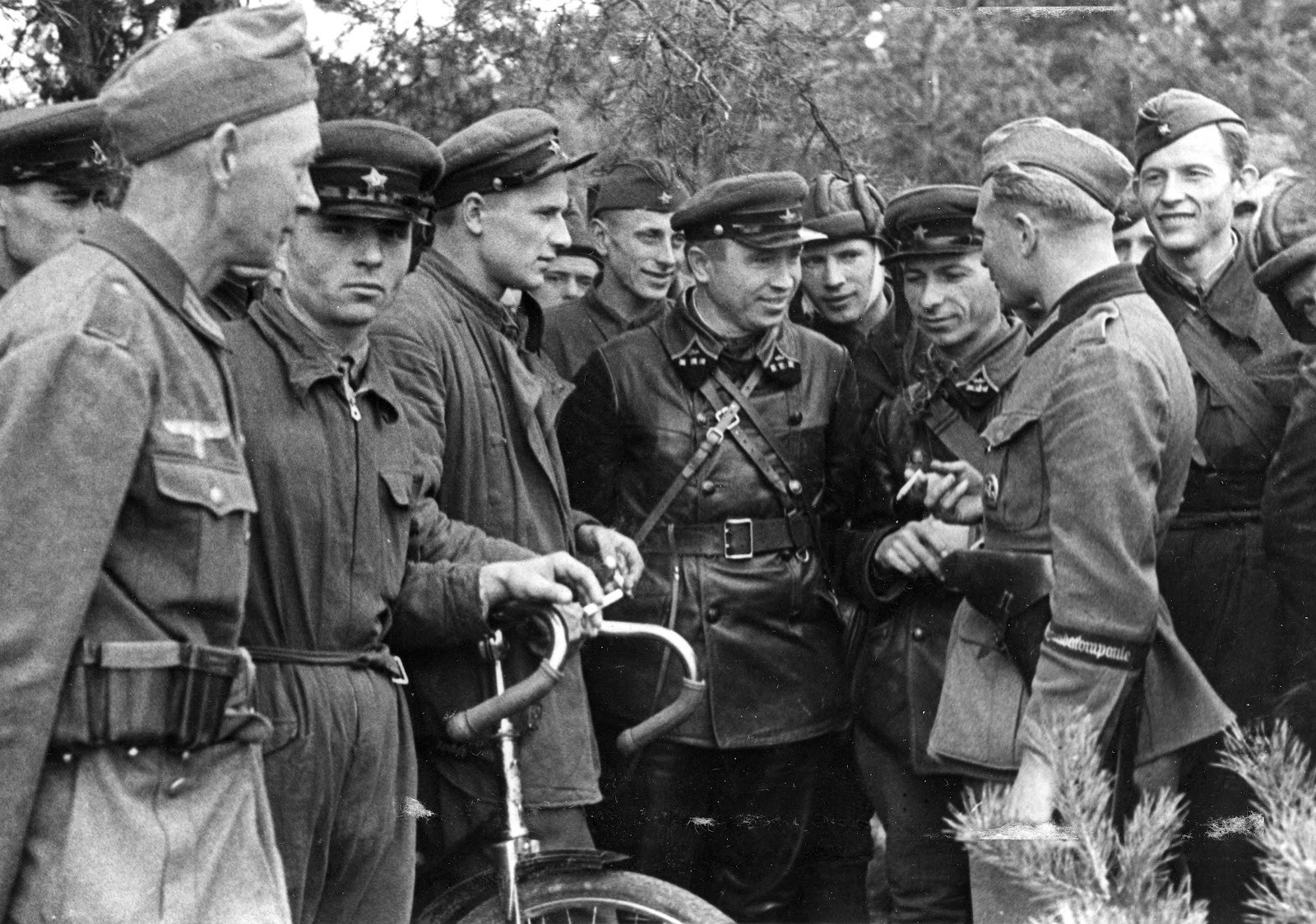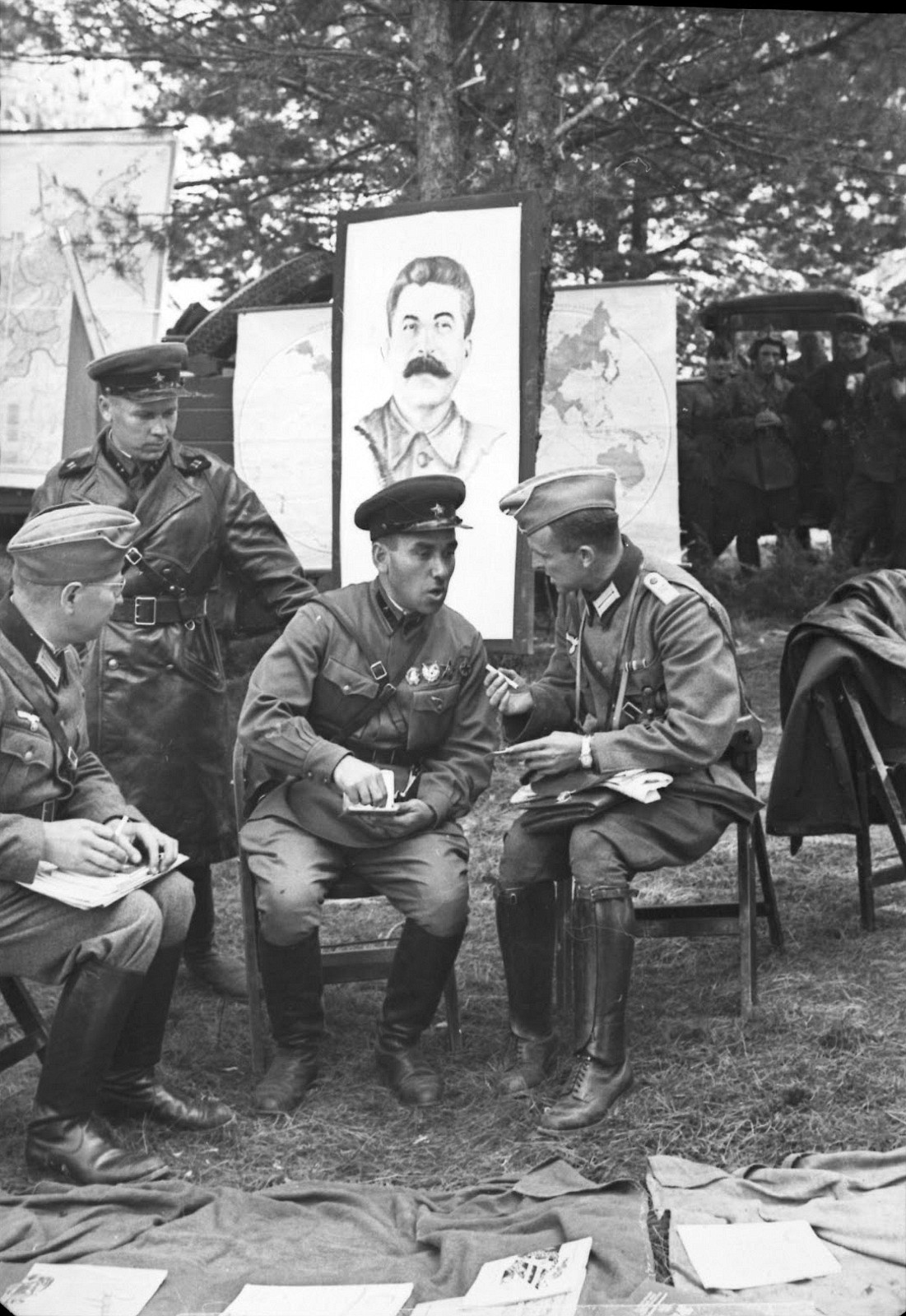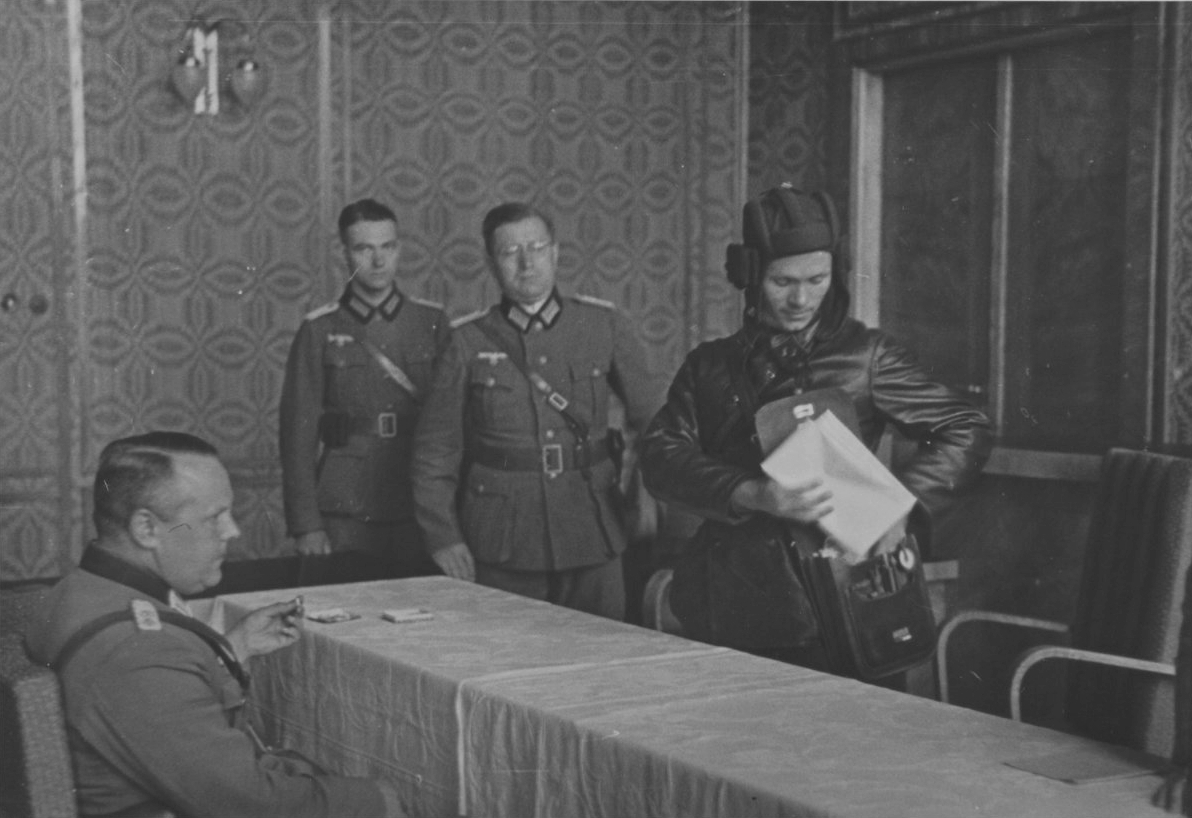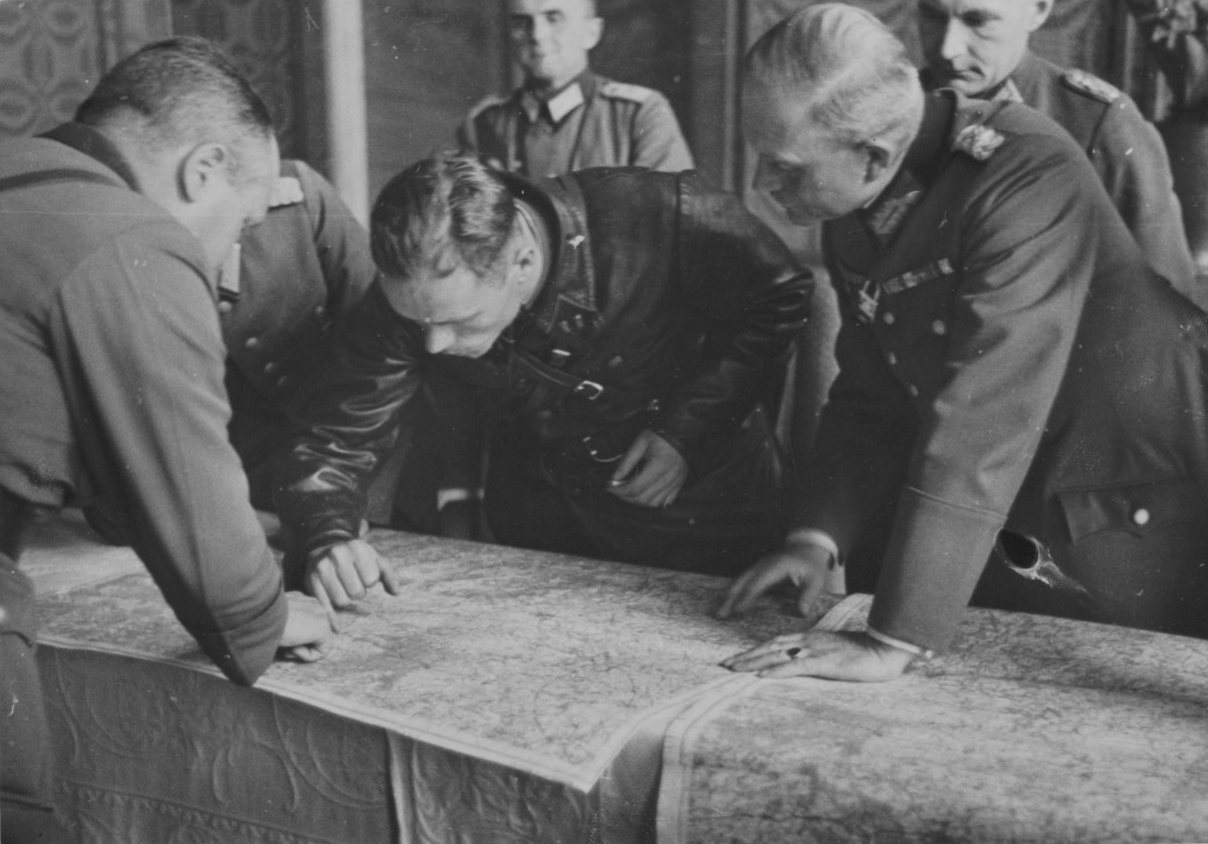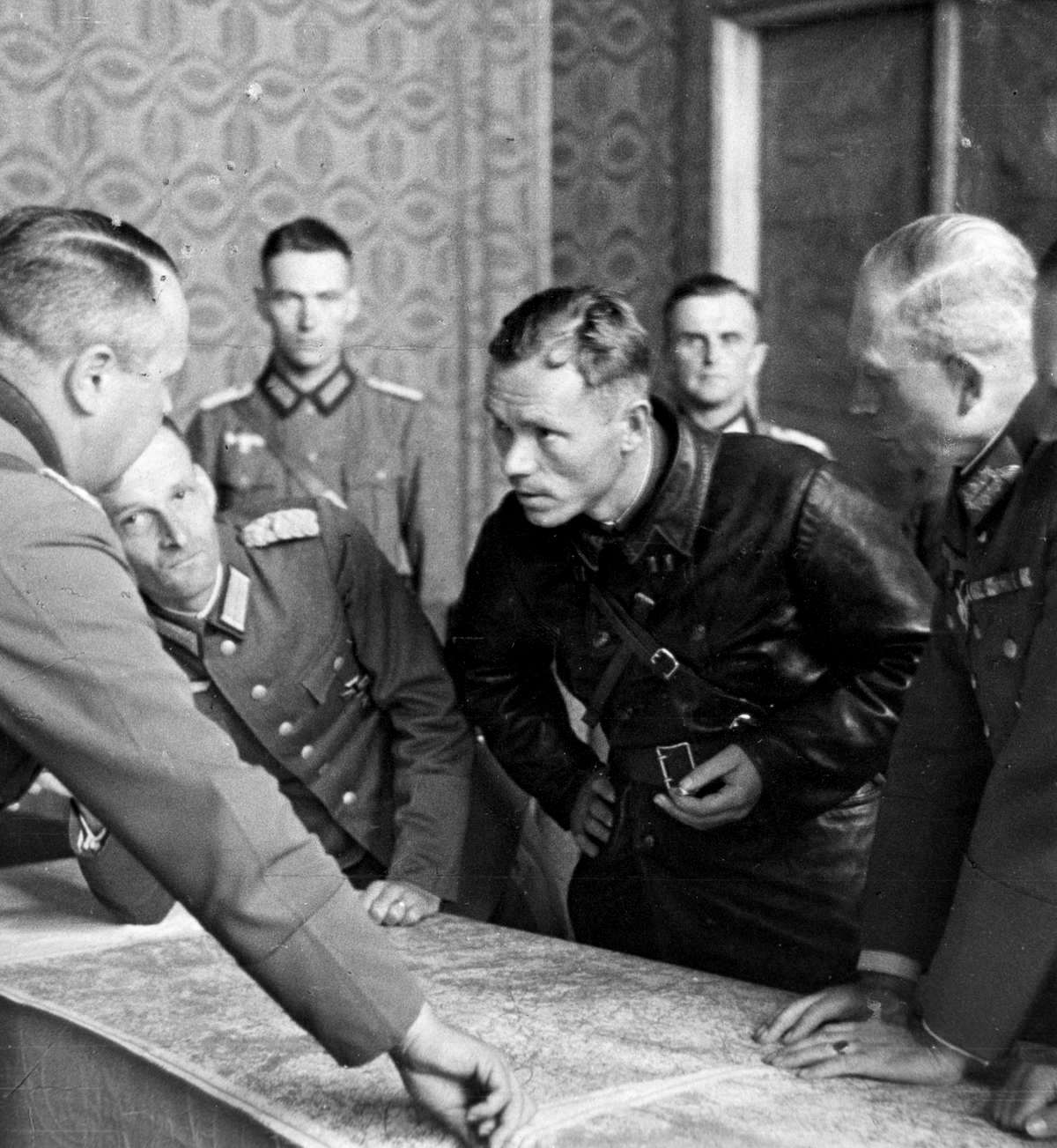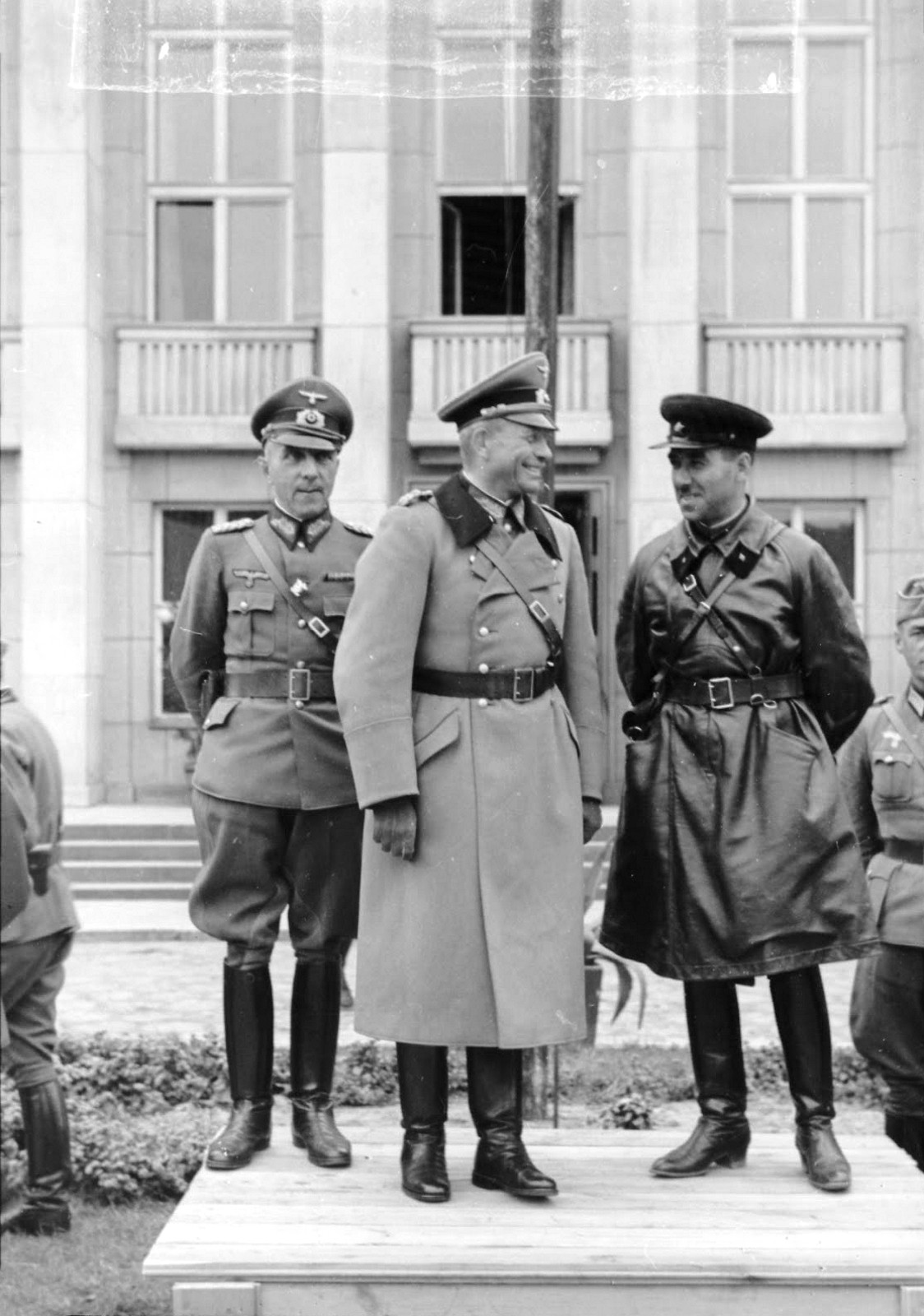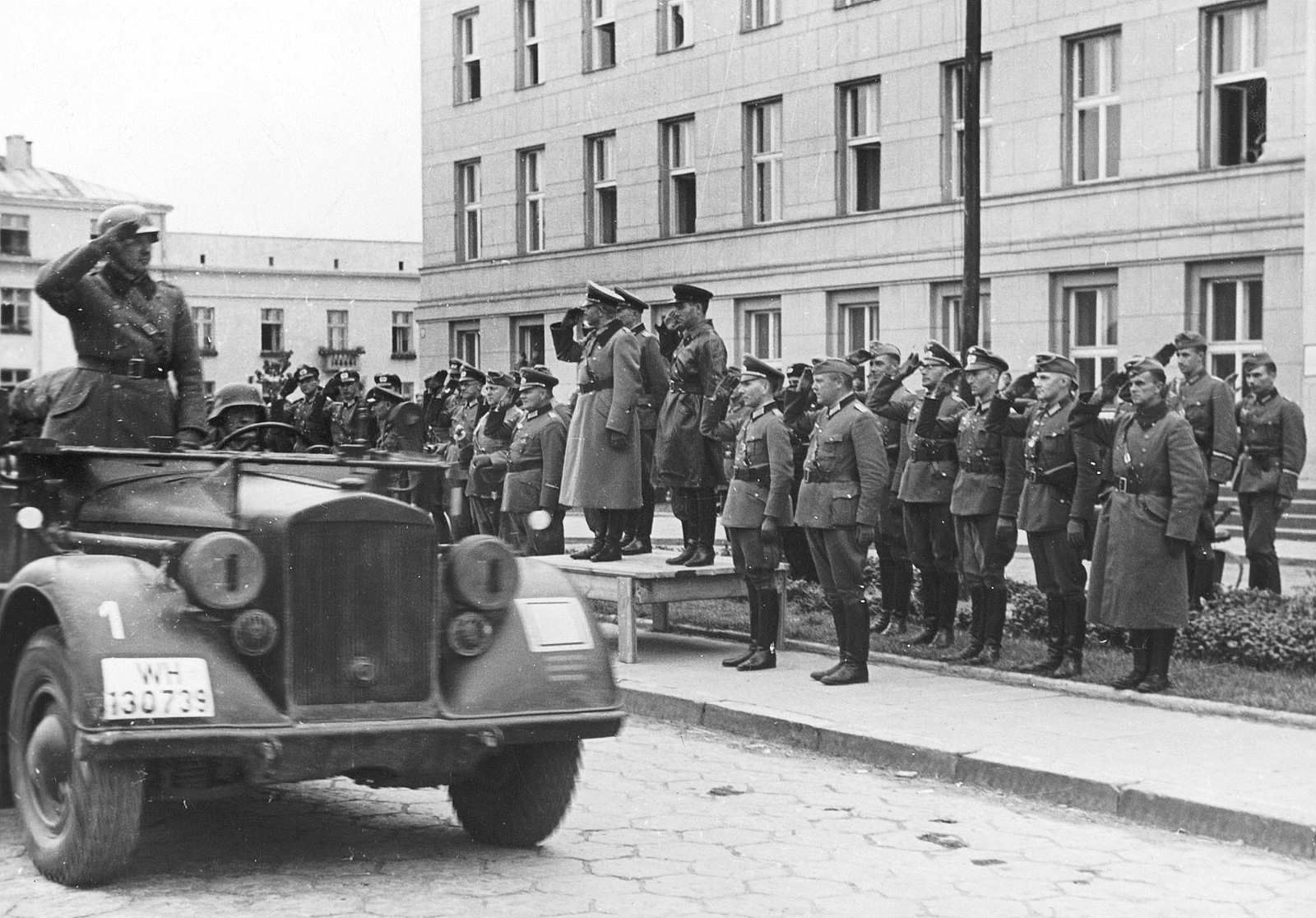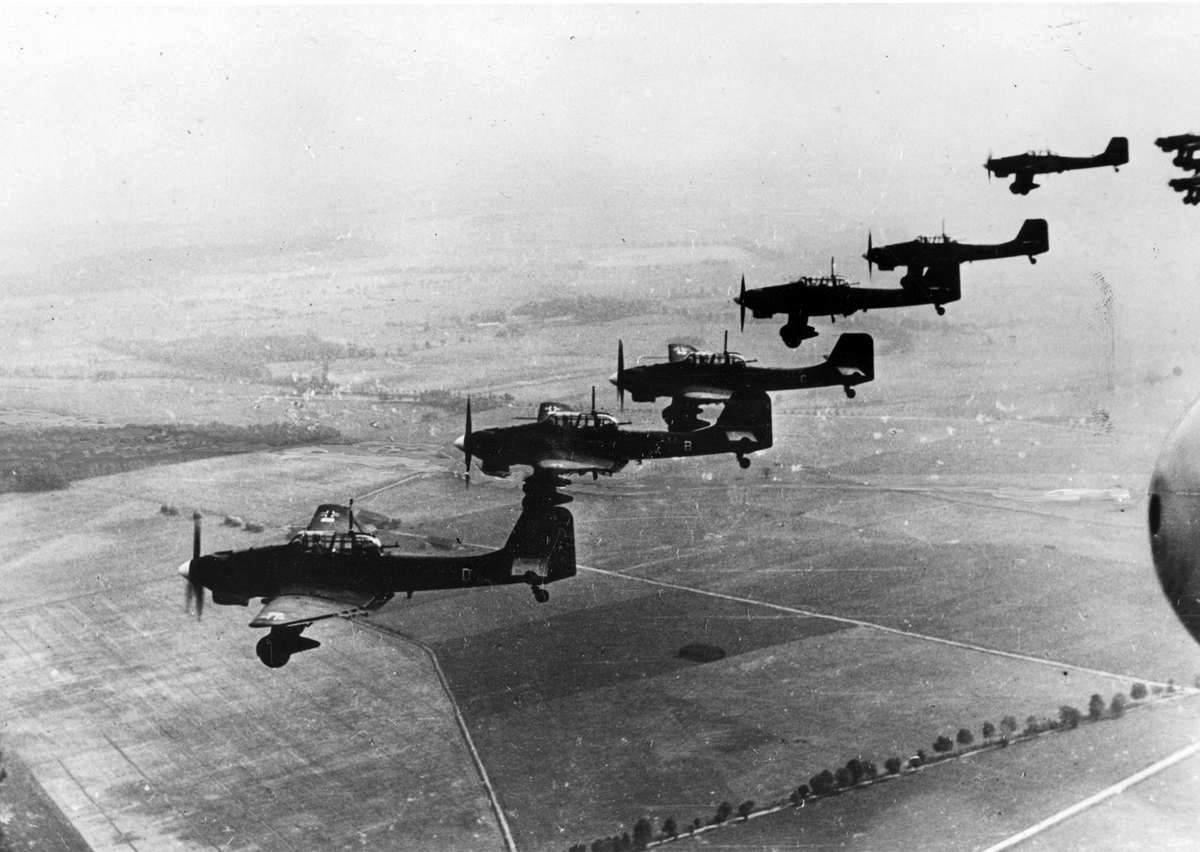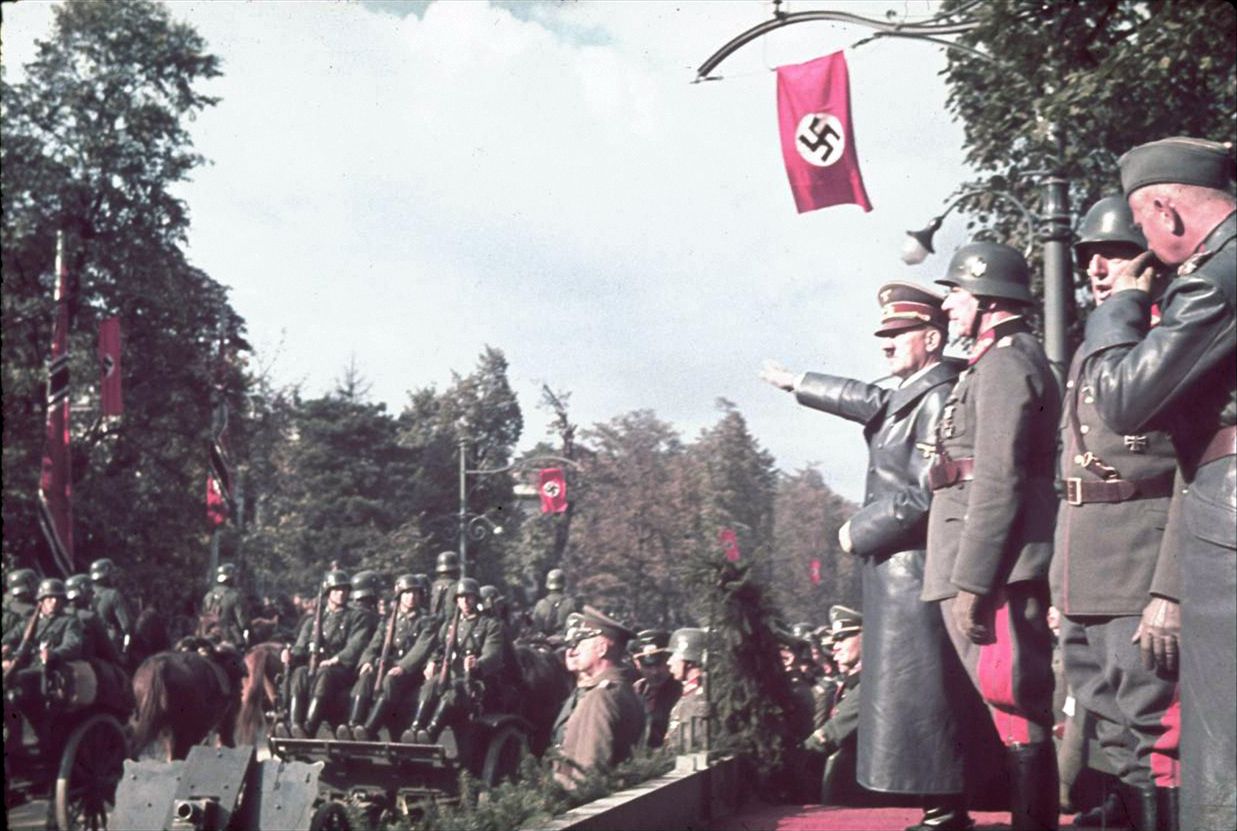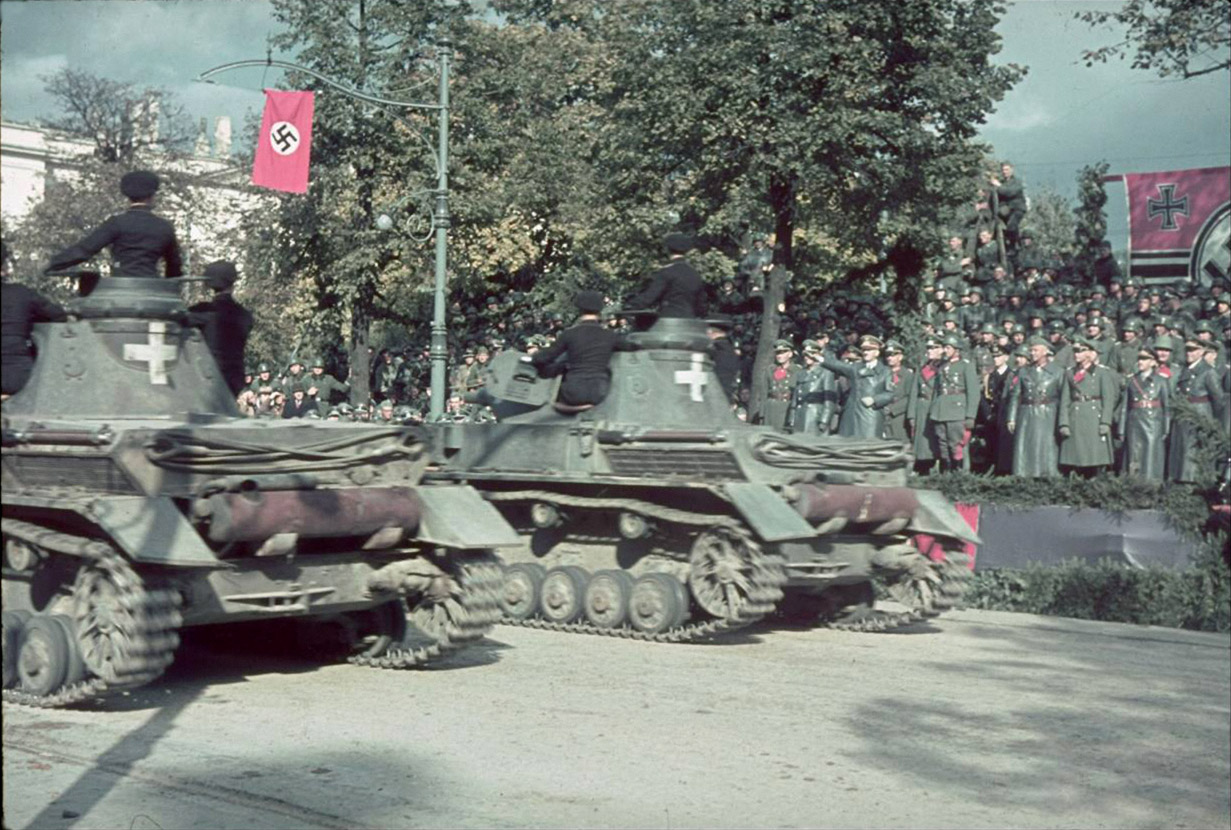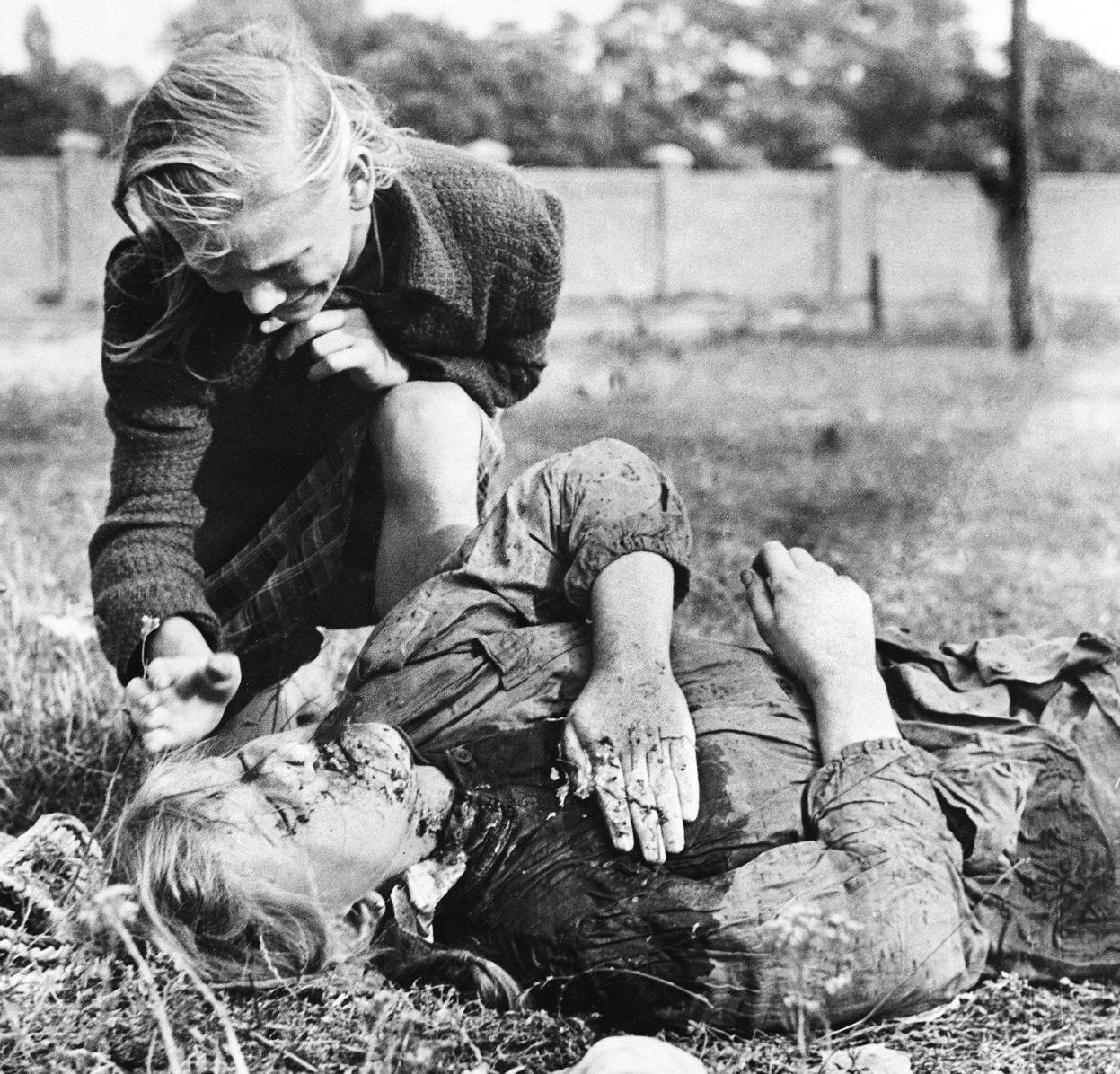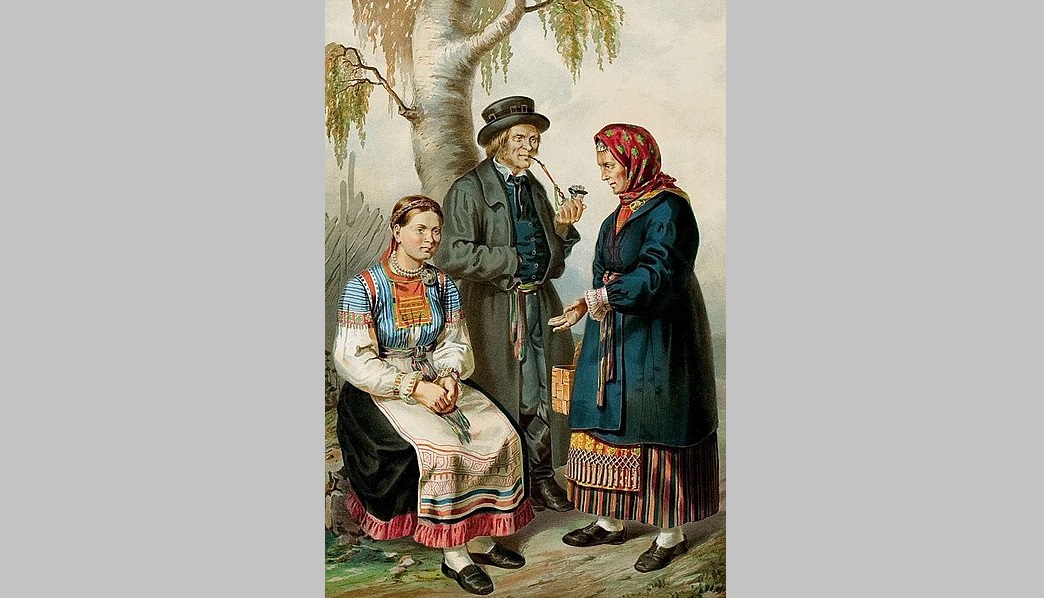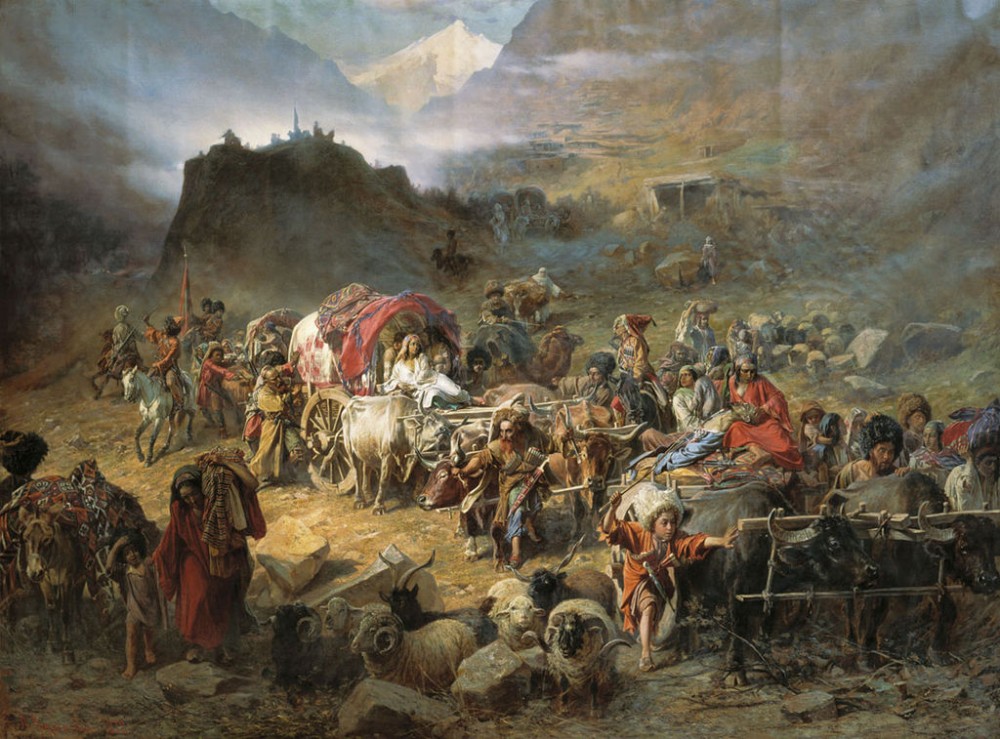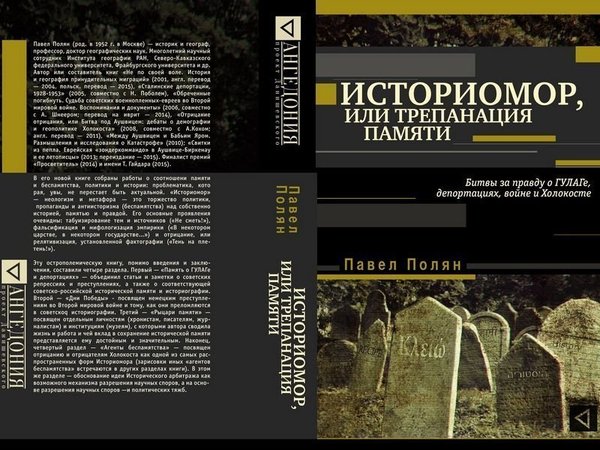Moscow analyst Yury Mukhin offers an historical analogy which says far more than he intends. In a new commentary, he argues that it was British support for Poland, not the Molotov-Ribbentrop Pact between Hitler and Stalin, that was responsible for the outbreak of World War II in Europe.
Had Britain not committed itself to defend Poland against aggression, he suggests, Warsaw would have been compelled to accede to German demands and war would not have broken out. And if London refuses to back Ukraine, Kyiv will have to come to an agreement with Moscow and once again war can be avoided.
By making this analogy between the events of 1939 and those of today, Mukhin unwittingly invites the conclusion that Putin’s Russia, just like Hitler’s Germany, felt compelled to invade Ukraine because the Ukrainians like the Poles thought that the West would come to their aid and prevent or at least repel such actions and did not accede to reasonable demands.
He thus implicitly acknowledges that Moscow made demands of Ukraine like those Hitler made of Poland and that the actions of both Putin and Hitler were thus legitimate, an equation amazing from someone in a country which commemorates what it calls “the Great Fatherland War” as the unifying event of national life.
Further, Mukhin implies that any government committing itself to the defense of another against outside aggression is in the wrong if the author of the aggression is stronger than the target of that aggression and is itself to blame for the war rather than the one that has launched the invasion.
And finally, he goes even further than the notorious Andranik Migranyan did a few years ago when the Russian propagandist then in New York, said
the world must distinguish between a “good” Hitler up to his invasion of Poland and a “bad” one after that time.
Joint Soviet-Nazi military parade in Poland. The history of Russian aggression.
If one follows Mukhin’s logic, what Hitler did in Poland was justified – and of course, what Stalin did in conjunction with him, was too – because the British should not have supported Poland and thus been the chief cause of World War II in Europe rather than it being a playing out of the Molotov-Ribbentrop Pact and its secret protocols dividing the continent.
Those in the West who oppose helping Ukraine defend itself against aggression lest it “provoke” Putin need to recognize the exact nature of Russian “logic” about such things. Putin will feel “provoked” whenever he wants to be and regardless of what anyone does. And he will blame others for the wars that he himself has caused.
Britain’s willingness to go to war to defend Poland against aggression in 1939 was one of its finest hours; a failure by Britain or the West more generally now to help Ukraine defend itself against Russian aggression would not be – and it would only delay but not prevent the broader war Putin appears to want.
Related:
- 77 years ago, Nazi and Soviet forces celebrated their joint defeat of Poland
- Top-6 Soviet World War II myths used by Russia today
- Timothy Snyder: Ukraine is but one aspect of a much larger strategy that threatens European order
- Who started World War II and who could start World War III?
- New "old" Russian imperialism and hybrid wars -- an historical overview
- Seven decades ago, the Soviet Union entered the war as the chief "accomplice of Hitlerism"

